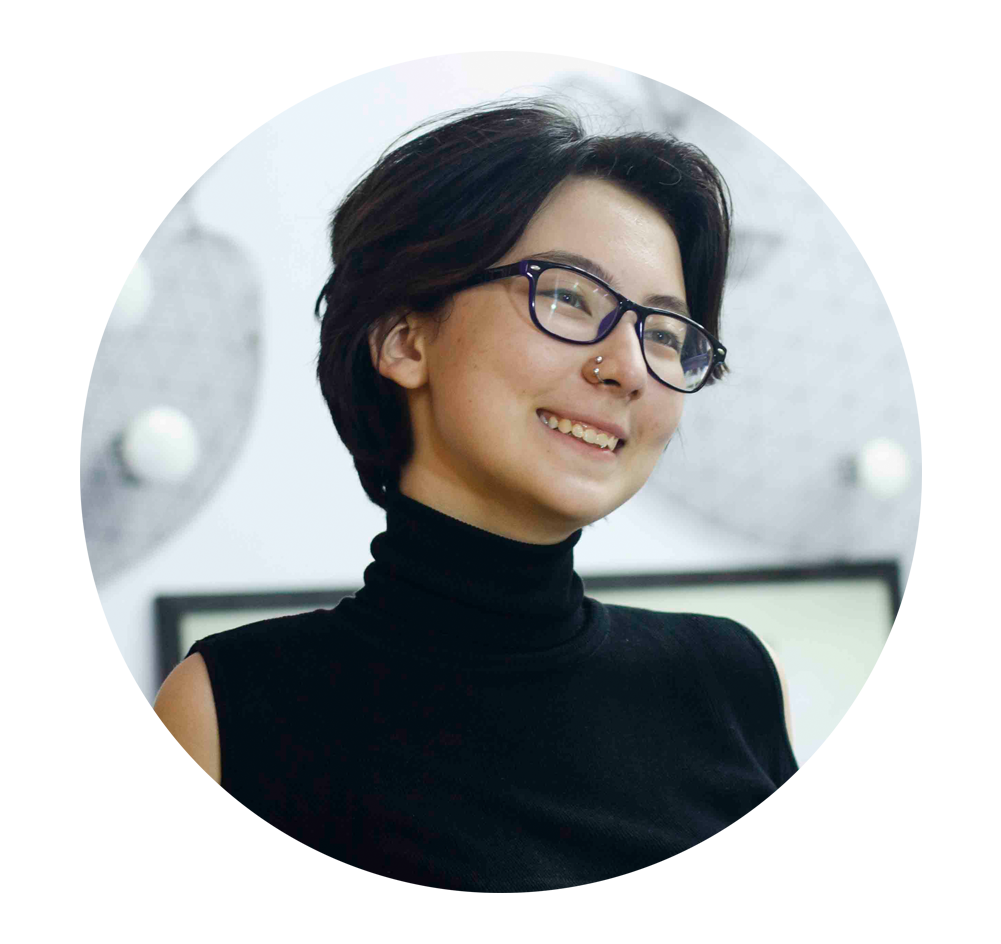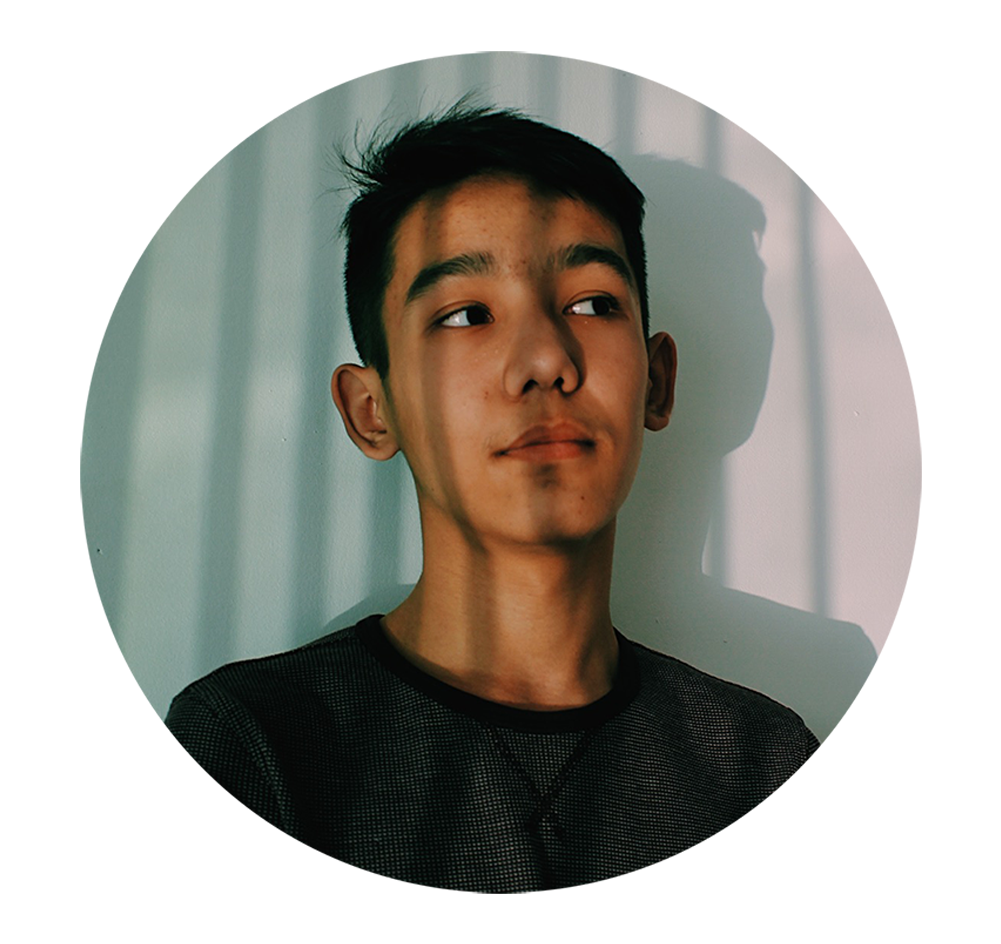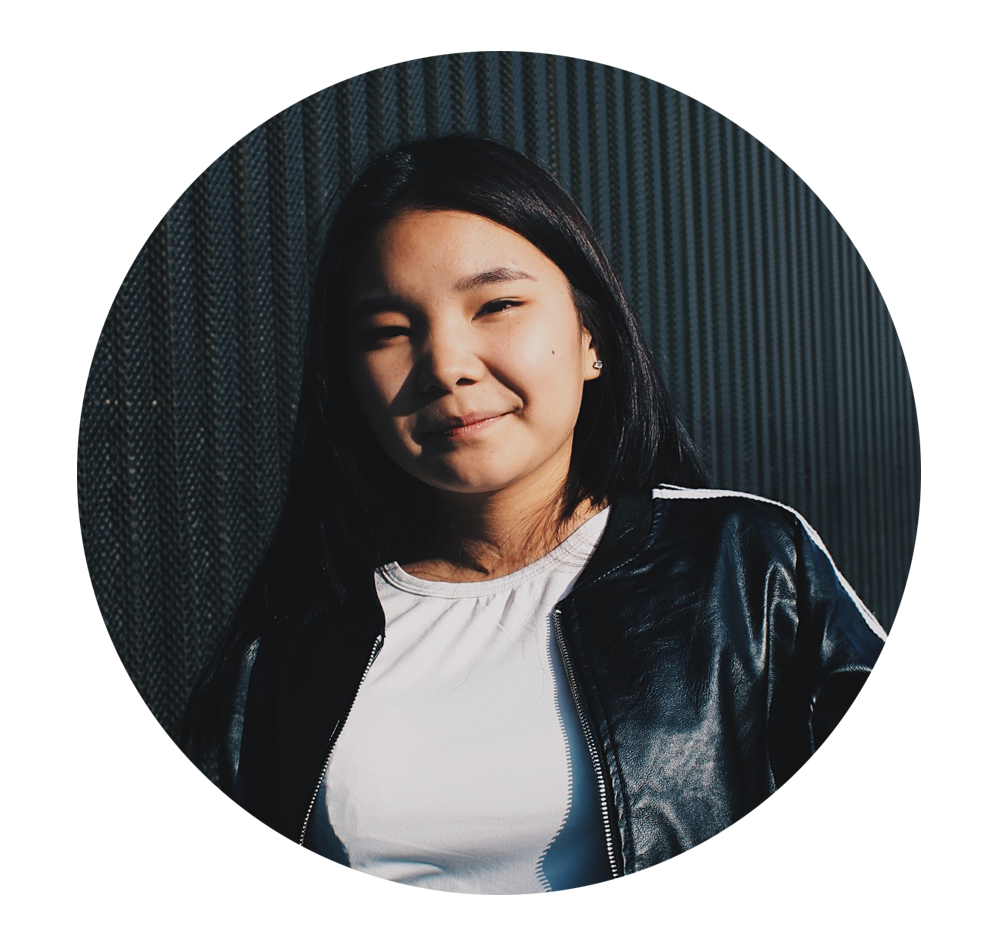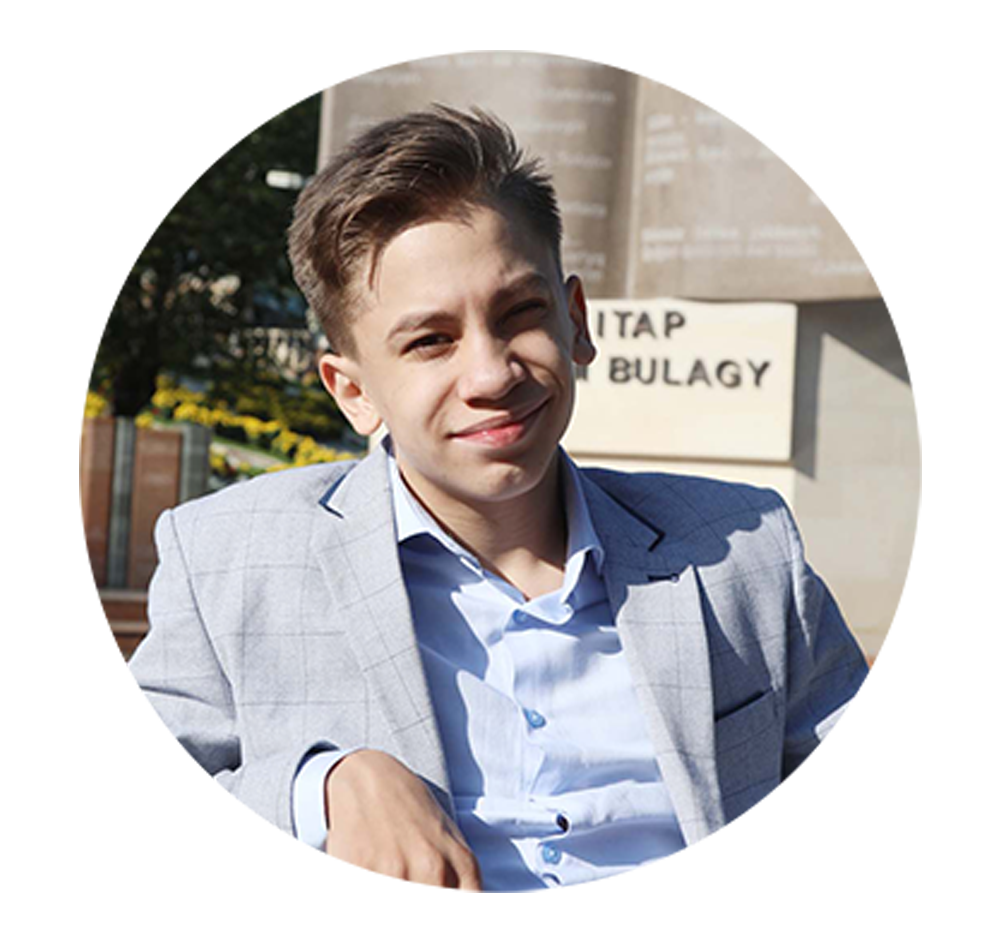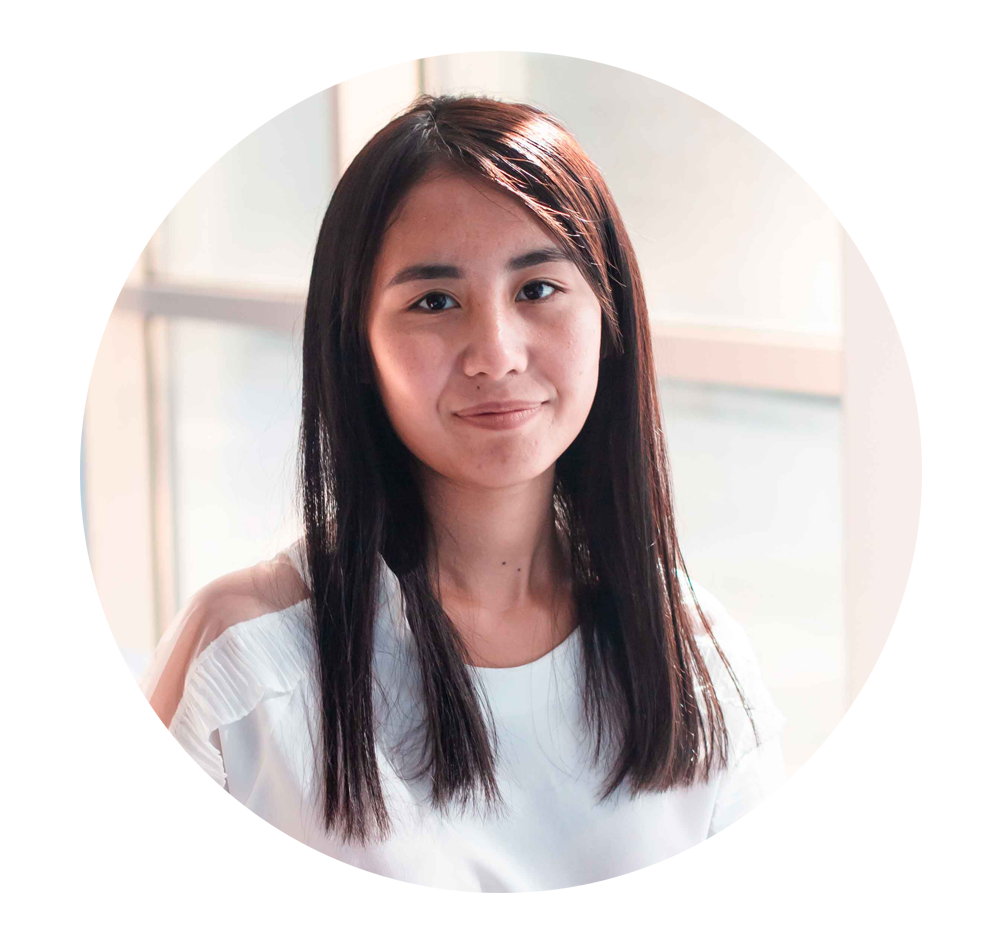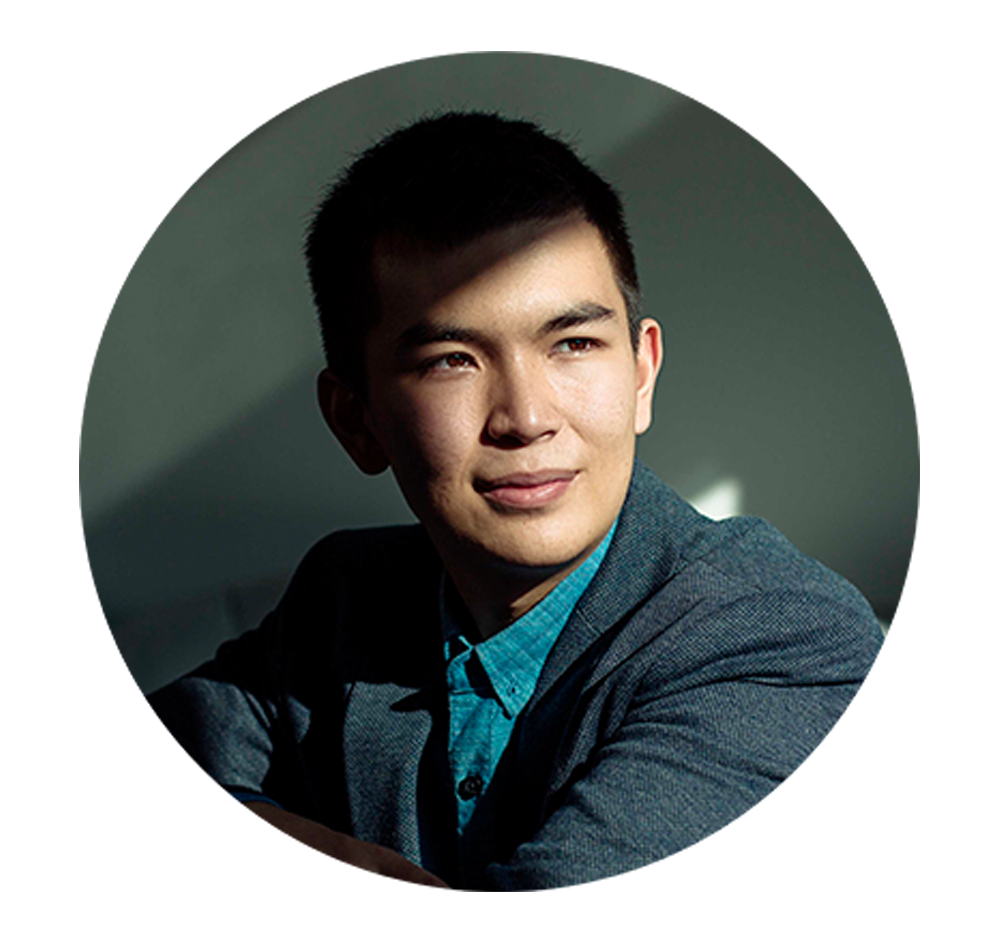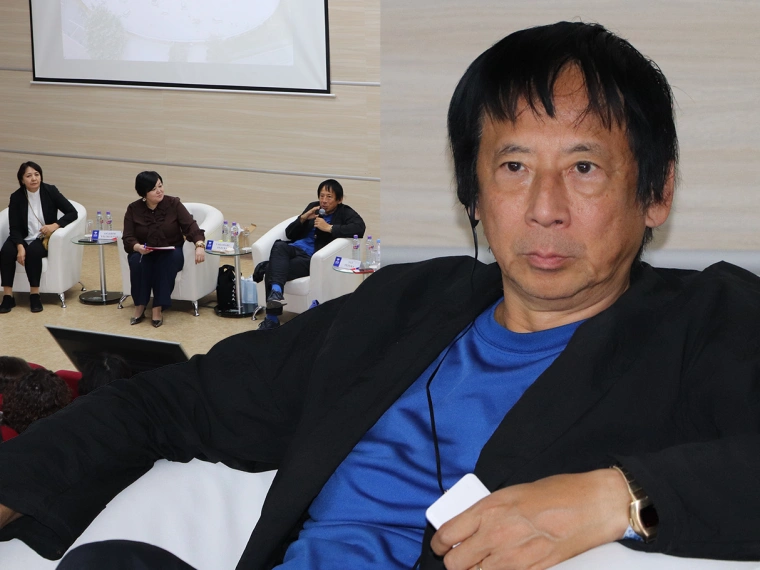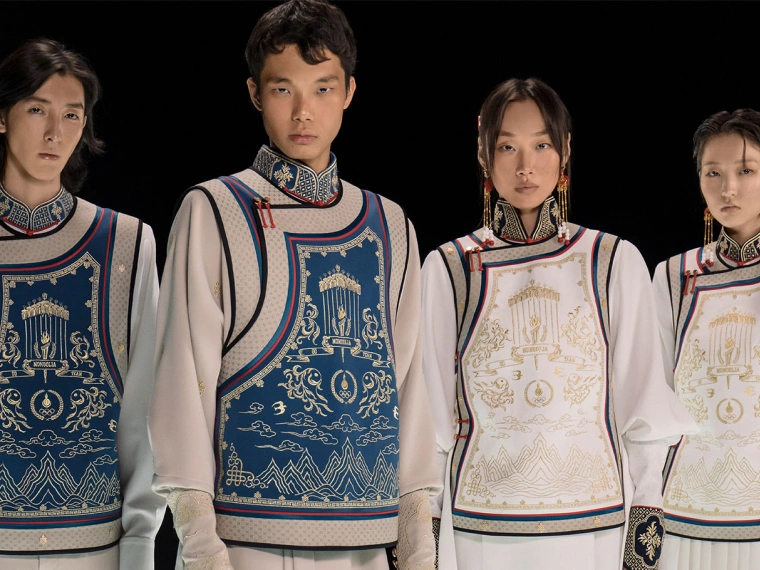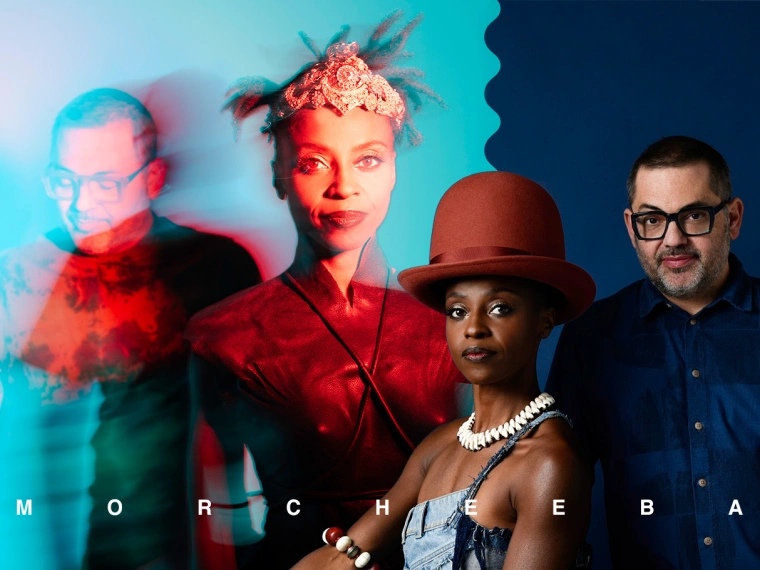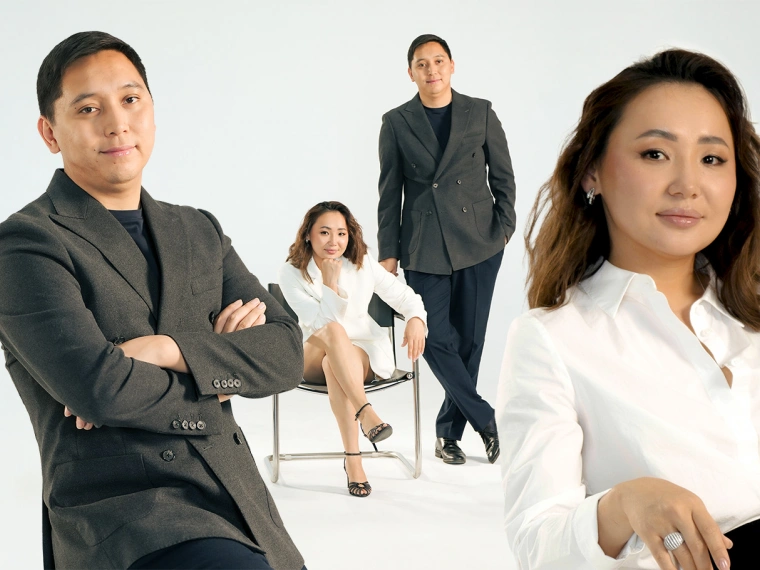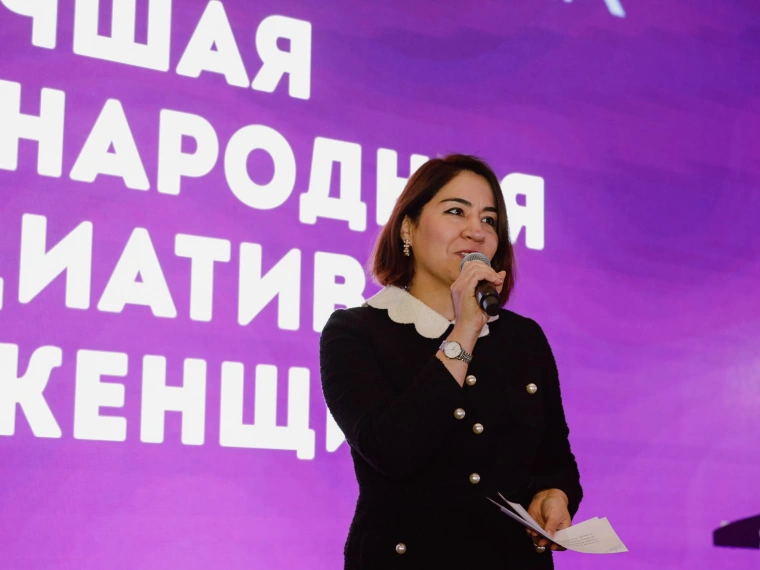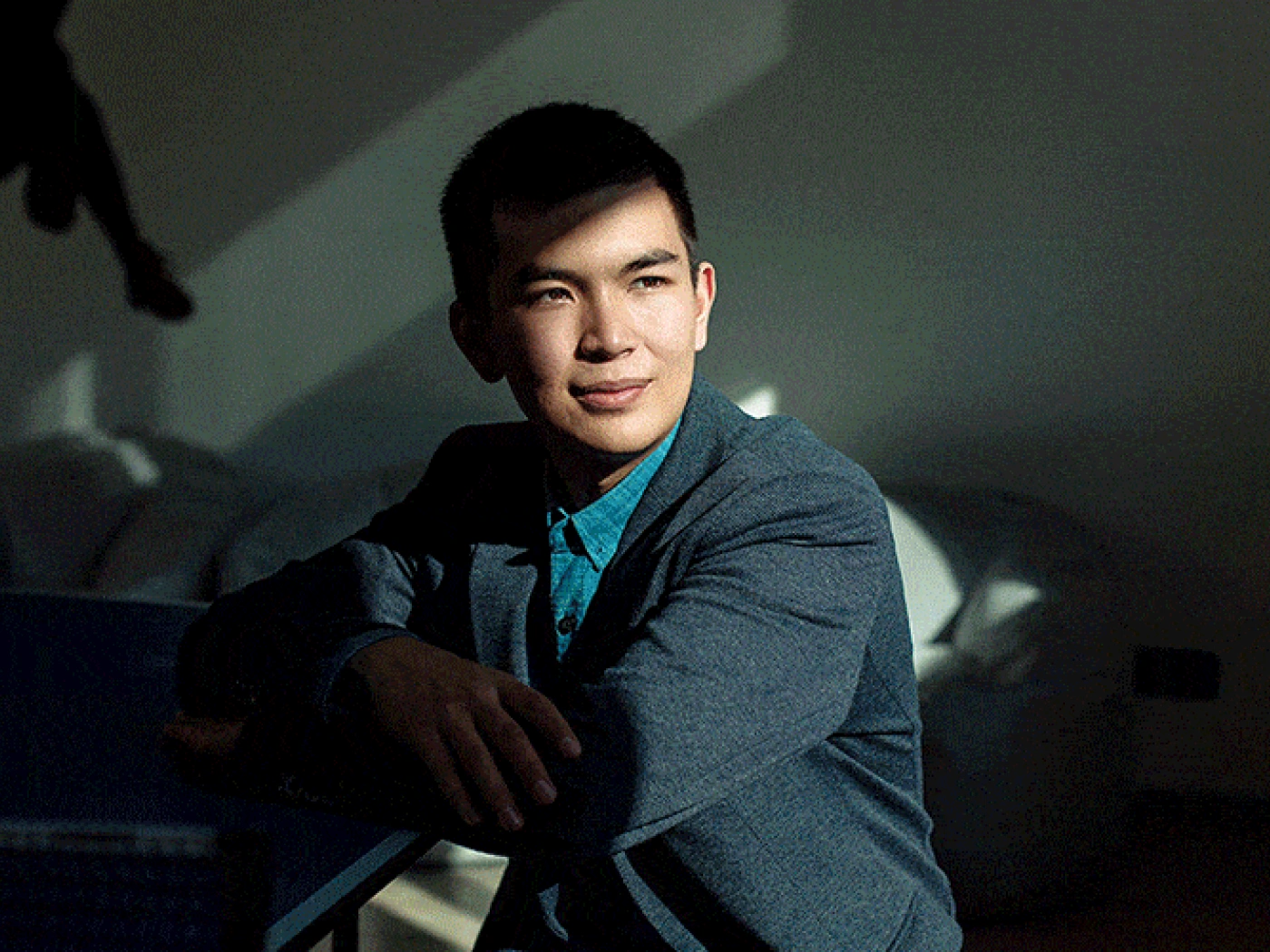
A generation of caring: Stories of six unusual teens
ALIKHAN
KUSHERBAYEV
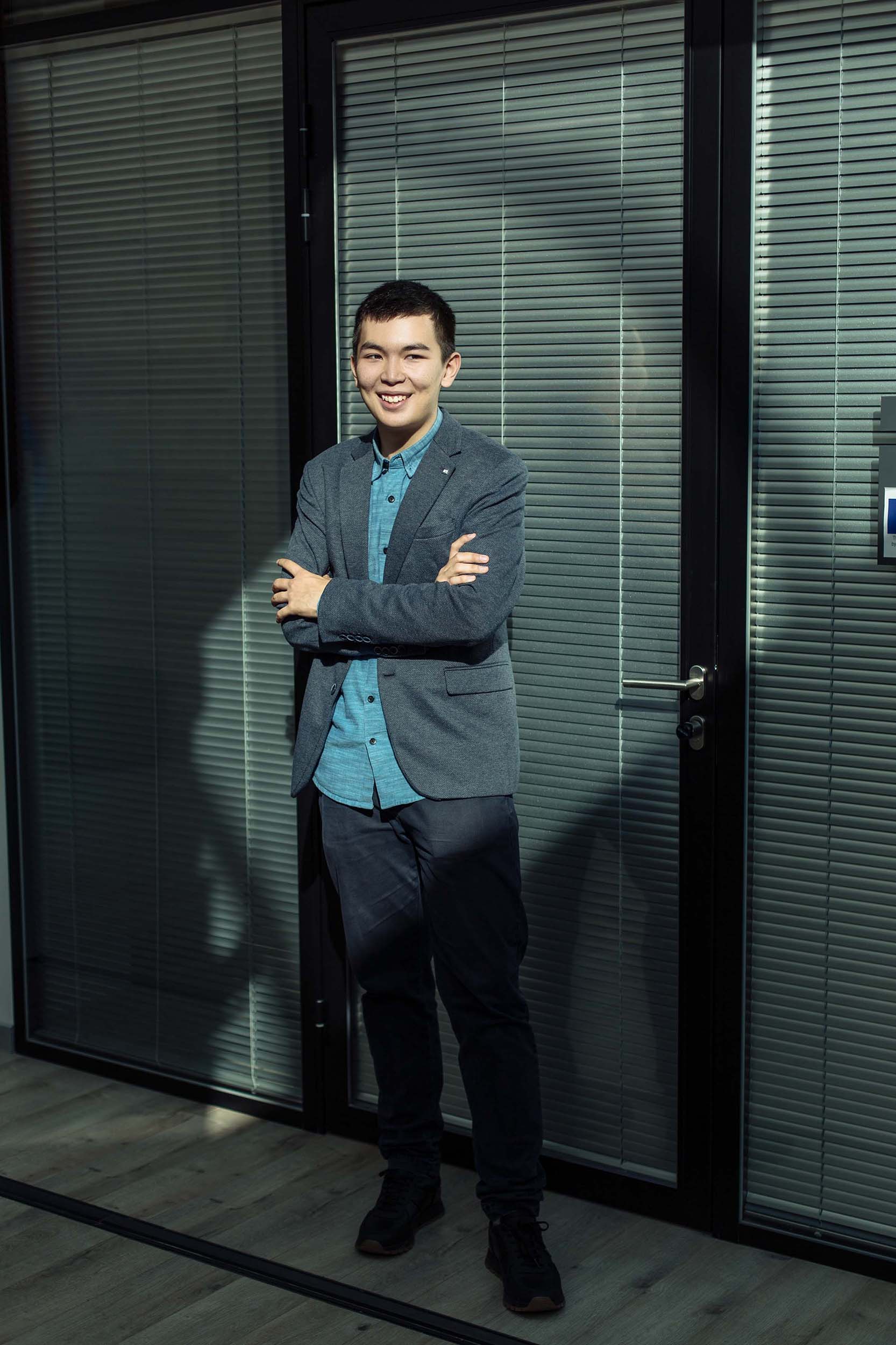
Recently we were at a reception at the deputy akim of the city, where I proposed a project on bike lanes. Now we plan to make a public meeting with the police department to discuss the urban development prospects of our city.
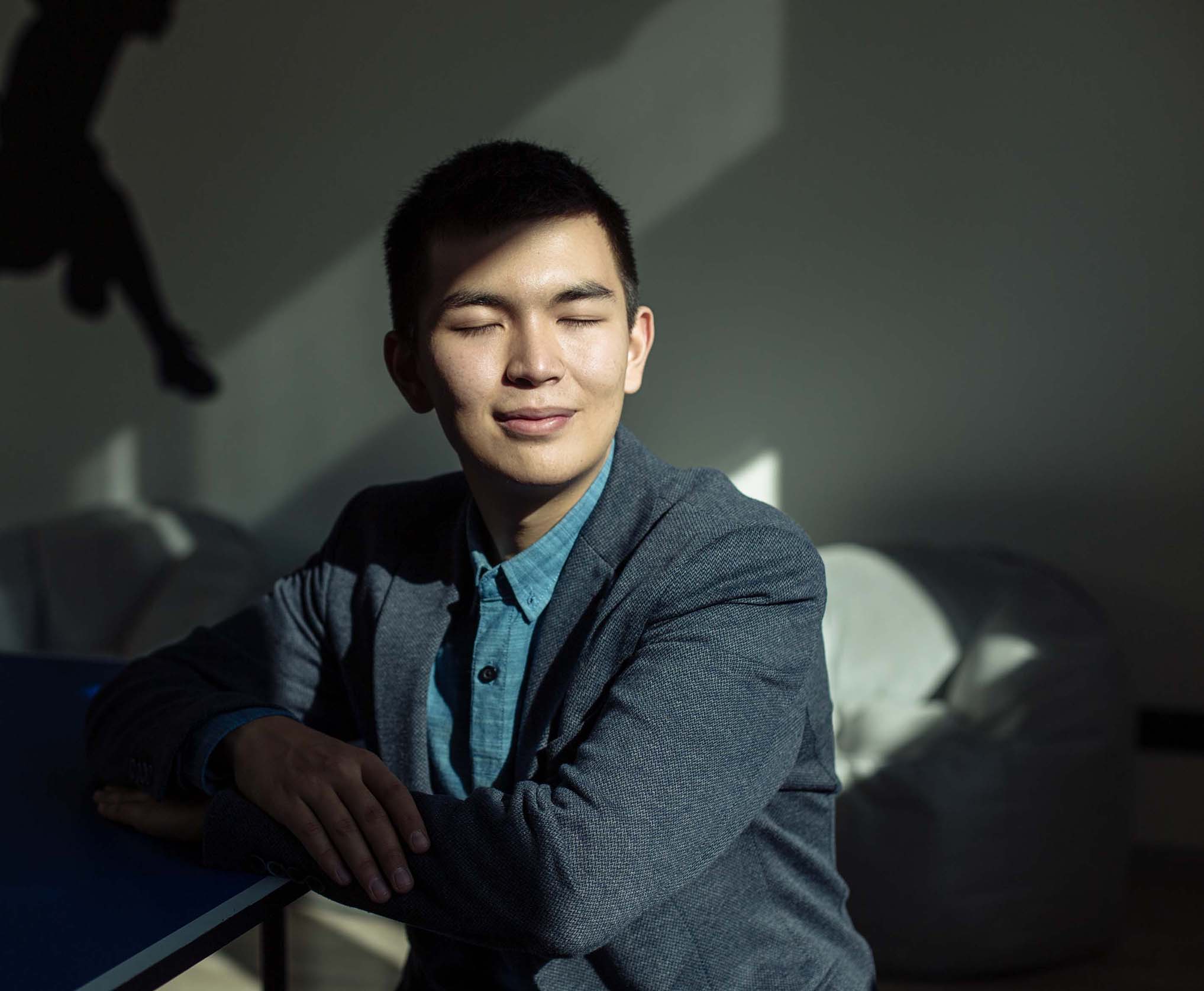
I am interested in urbanism and urban planning. I did not come to this topic right away. During the winter holidays, I often saw Ilya Varlamov’s video blog on YouTube as recommendations. I watched — it became interesting. The more I watched, the more I came across such recommendations. So I became interested in this topic. In early summer, I started blogging on Instagram, where I talk about typical problems of my hometown. First, I started talking about inaccessible pedestrian infrastructure, then about public transport. Now my blog has about 600 followers, most of them are friends and acquaintances.
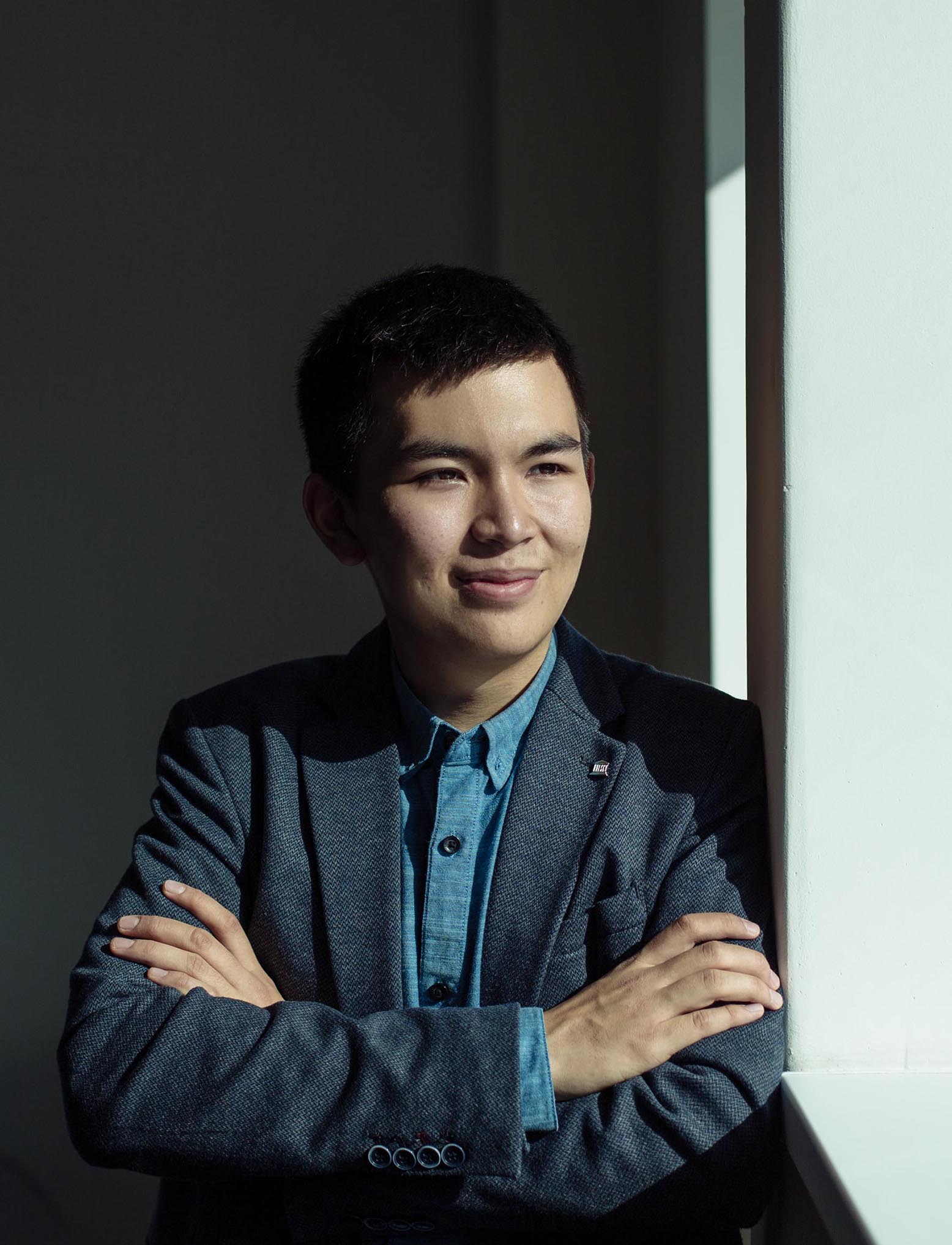
Members of the Modern Kazakhstan Public Association whose ranks I recently joined help me. We hold familiarization meetings and various events on extremism prevention, strengthening the institution of the family and organize trips for young people to the sacred places of the region.
In the Association I am responsible for town planning. For example, recently we were at a reception at the deputy akim of the city, where I proposed a project on bicycle lanes. Now we are planning to hold a public meeting with the Police Department to discuss the town-planning prospects of our city.

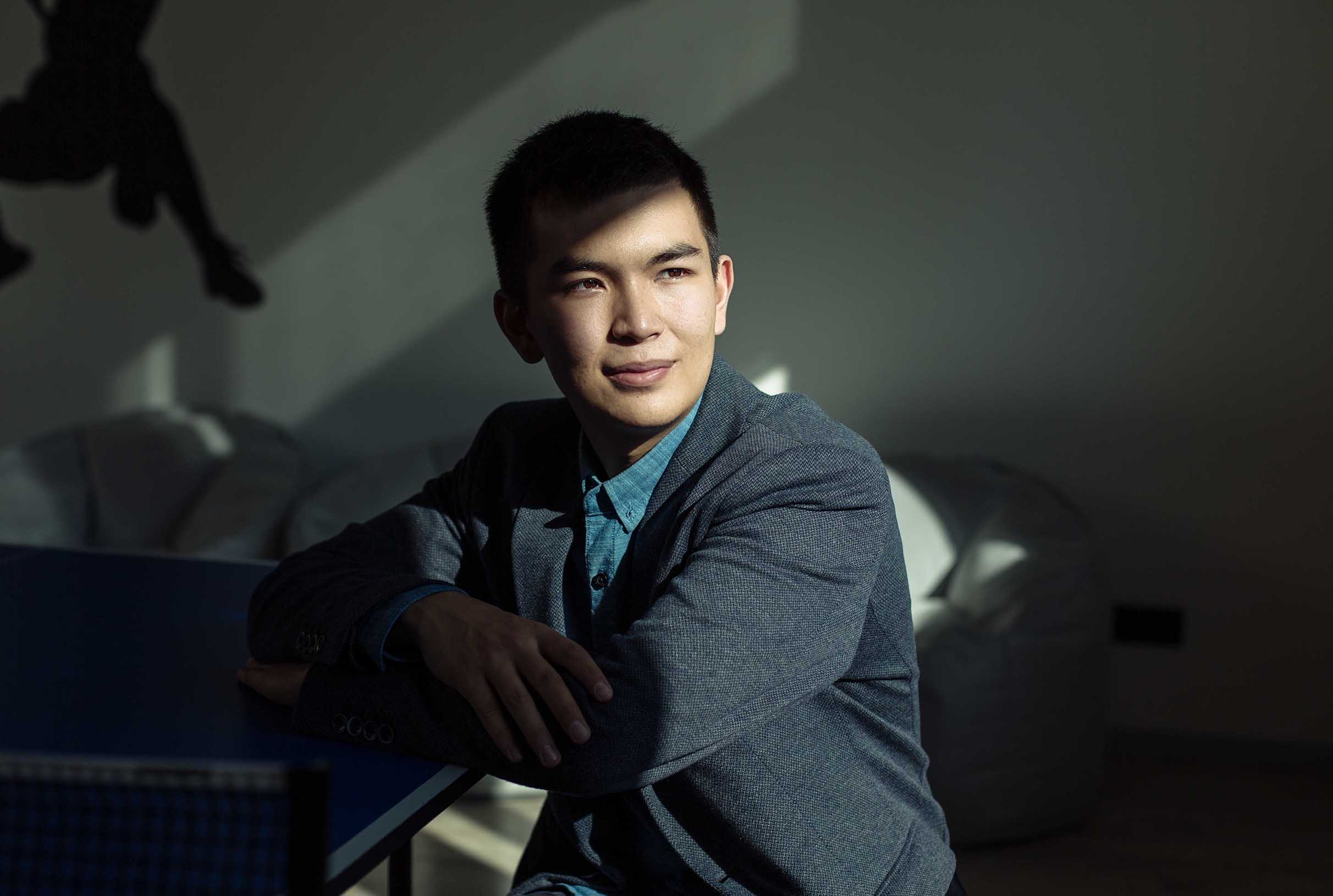
I’m writing a book. It is called ‘5 steps to change Petropavlovsk and any other city in Kazakhstan’. I also try to participate in various competitions, events to improve the urban environment. Recently, Unicef held a competition «If I were akim». It was necessary to talk about the problems of the city, district, yard, school. I presented the project on public transport and got the first place. And from 14th to 18th of October I visited Cologne at the summit of child-friendly cities. I discussed the dangers and benefits of using the Internet by children, talked on the same platform with world experts and presented awards.
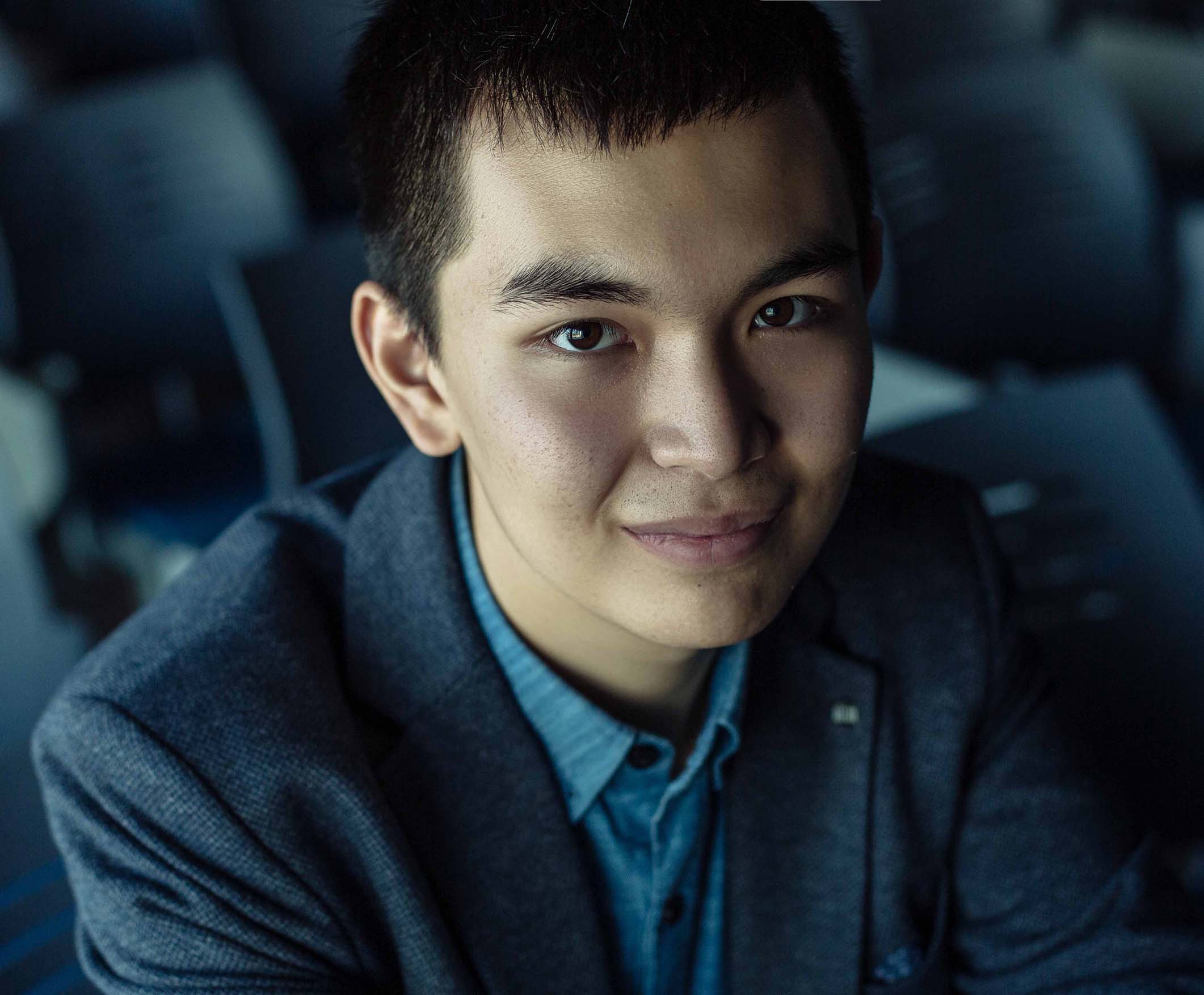
I am so interested in urbanism and the urban environment that I would like to get into this sphere. I think of passing into Urban studies or Civil engineering. This year I am graduating from school and I am already considering universities in Europe — we have few places where this is taught.
Text: Aidana Kindirova
Photo: Adil Abiltayev

EVGENIYA
SADOMSKOVA
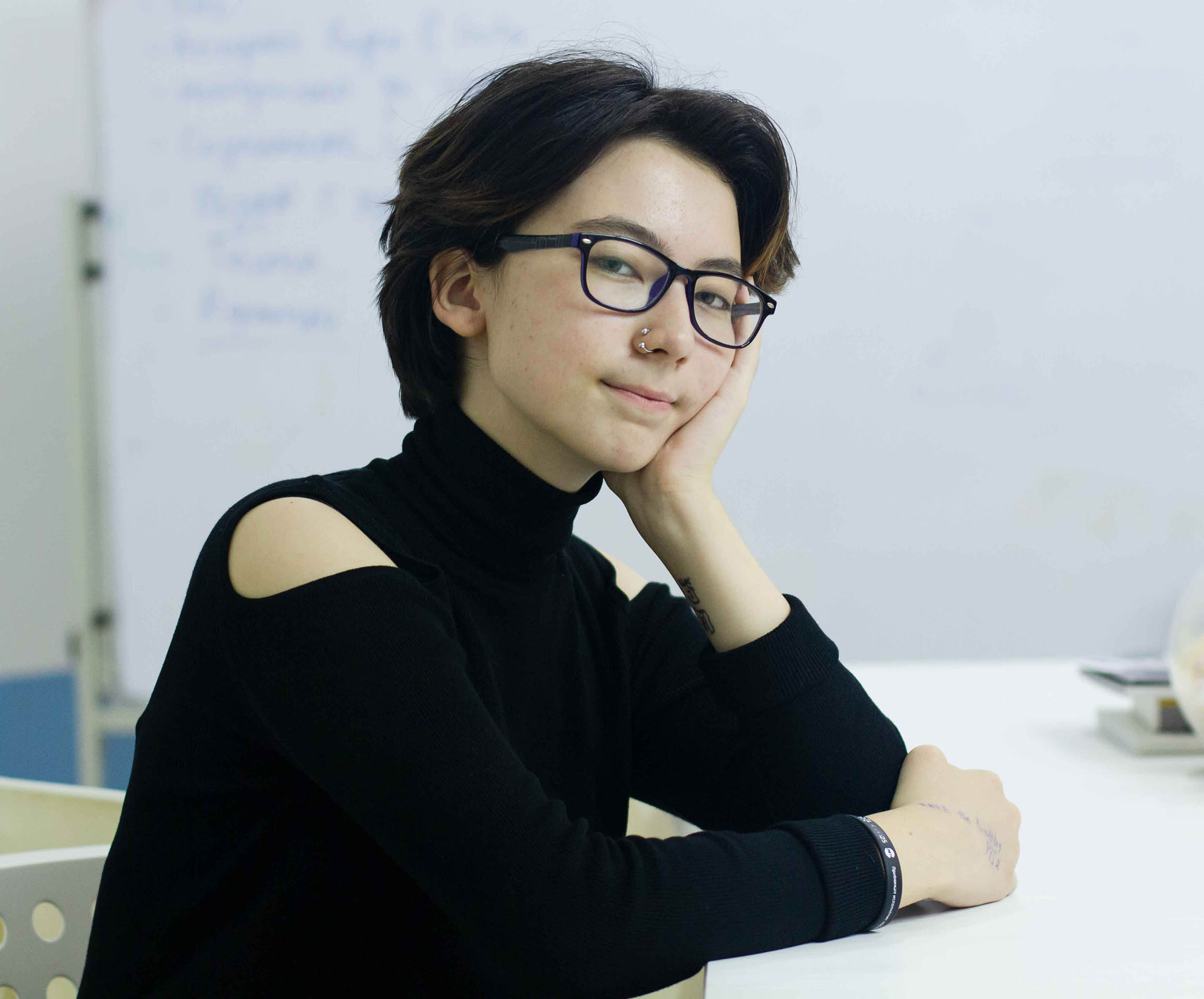
If not us, who will change something and why not start telling people right now about what is quite normal and acceptable? Every person has a reproductive system. It is important for everyone to know about this.
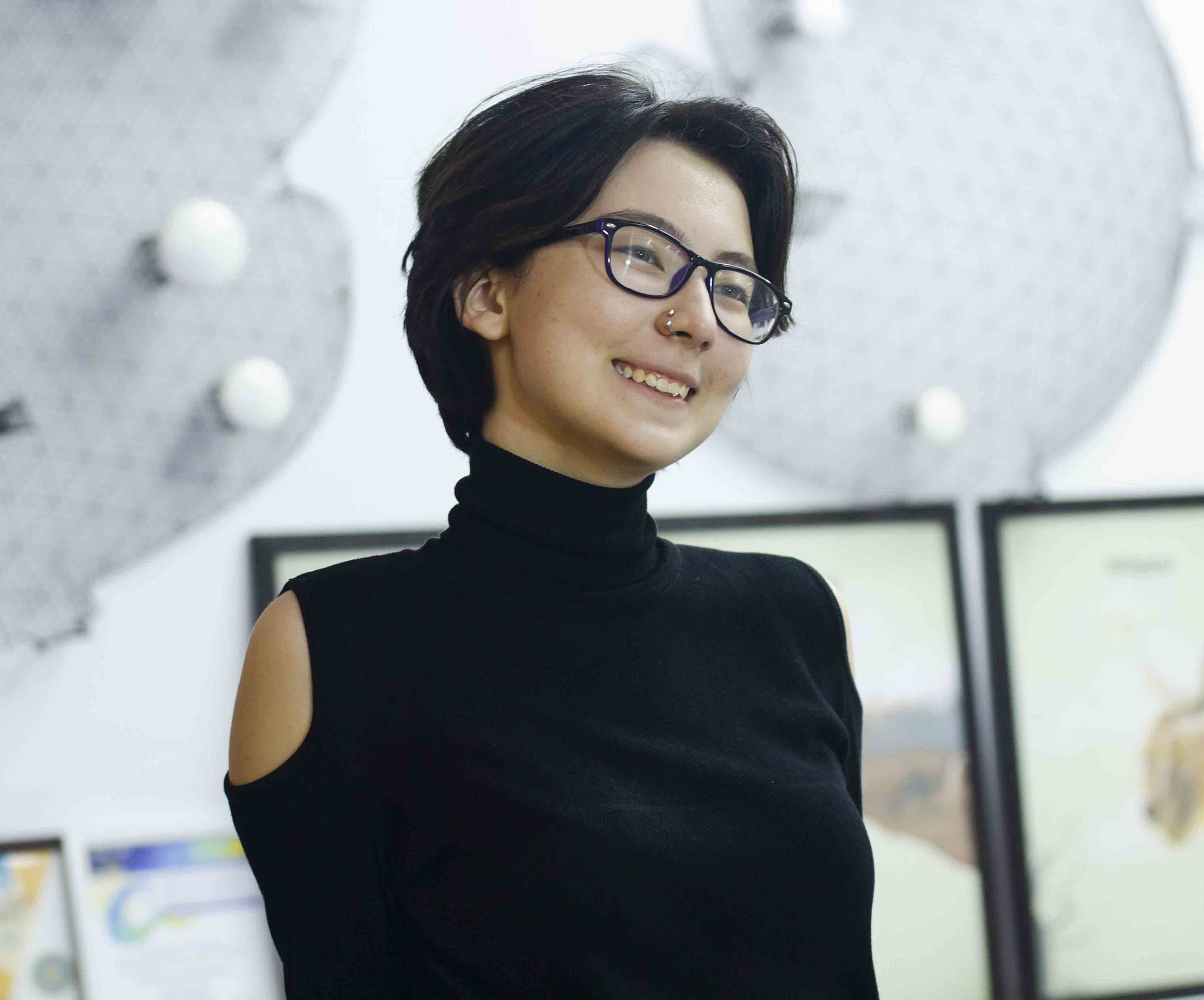
In July, my friend’s mother invited me and my friends to paint the walls at the Reproductive Health Center in Almaty. They told us that we can undergo training and become a new wave of the Y-PEER volunteer movement. We were interested in that and in the end we decided that we need to continue.
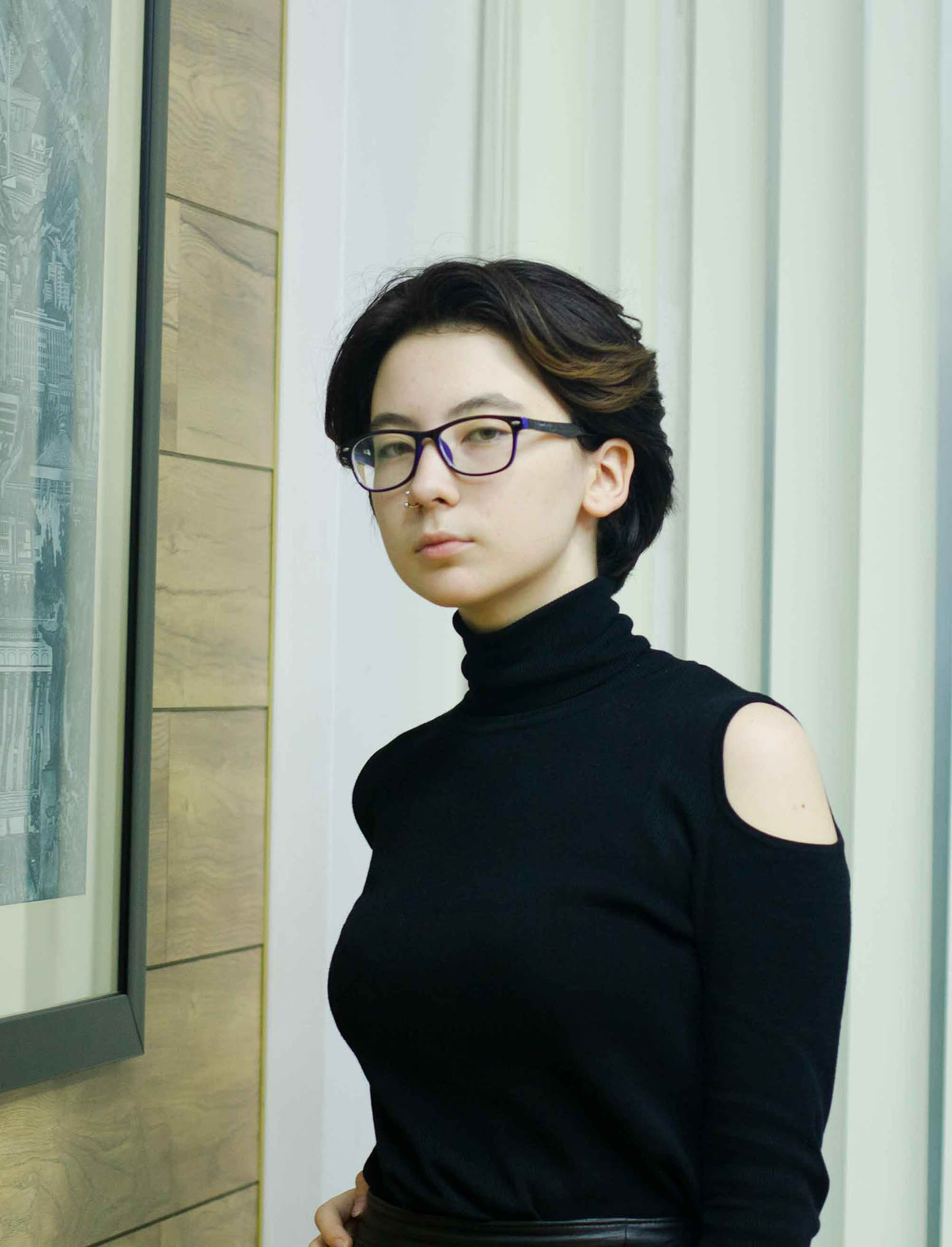
There is such a thing as peer-to-peer, when your peer tells you about something. Our key topic is prevention of STD’s (sexually transmitted diseases — ed. note). When you are told by a teenager, you feel the connection, freedom of thought and action in his presence, because he understands you, you have one «teenage» mentality. Plus, teenagers are just like you: most likely they have no sexual experience or it just happened — you are on an equal footing.

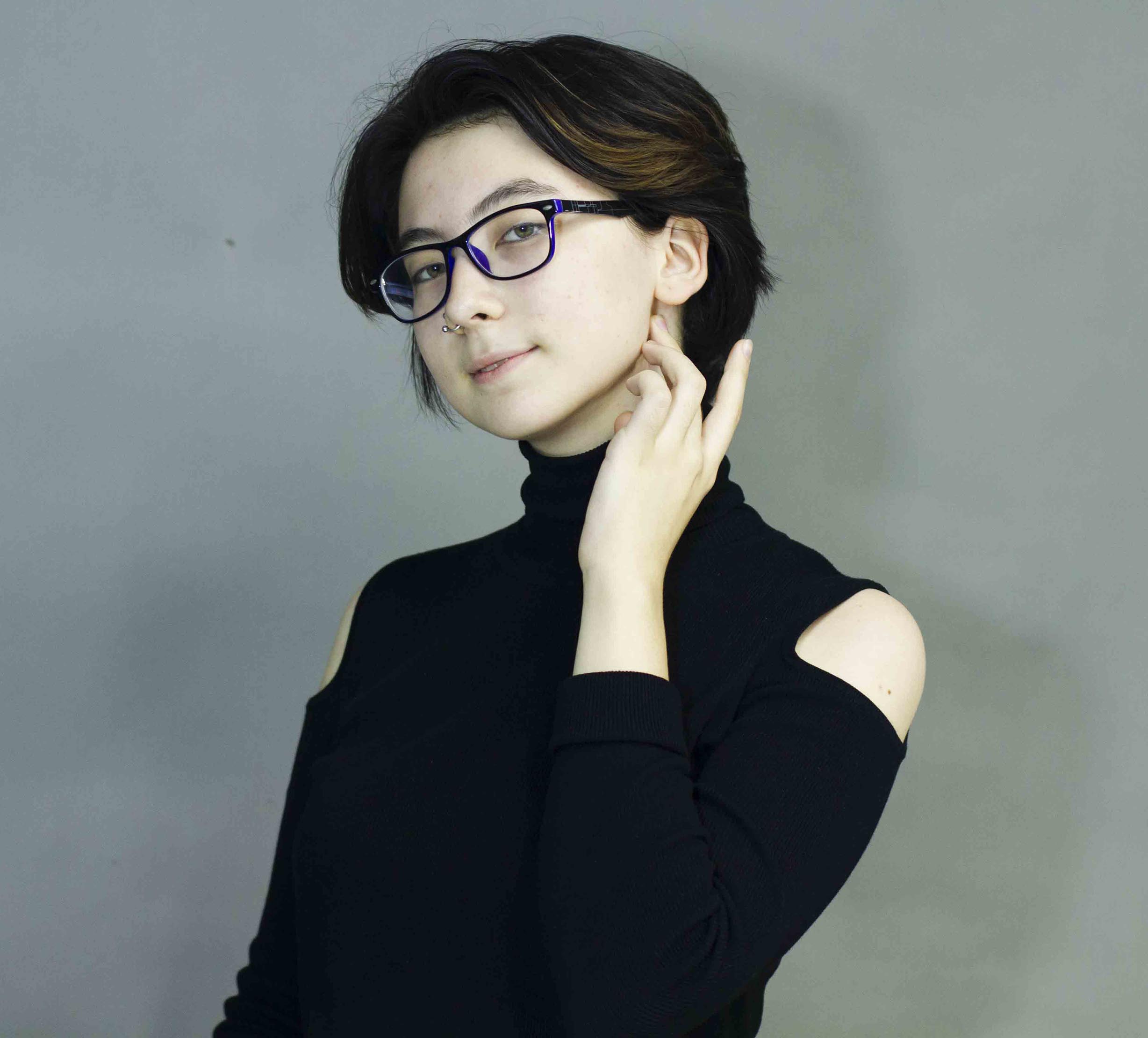
Now there are about ten of us trainers and several volunteers who listen to the trainings and help, all of us are 15-16 years old. Volunteers are gaining the knowledge that we have and if desired can become trainers.
Most often we come across a stereotype that the training will be boring, because it is just a lecture. From my own experience, I might say that many people give boring lectures about HIV and AIDS, on which you do not memorize anything. At most, that Freddie Mercury was HIV-positive. Most likely, schoolchildren think that we will have the same thing.
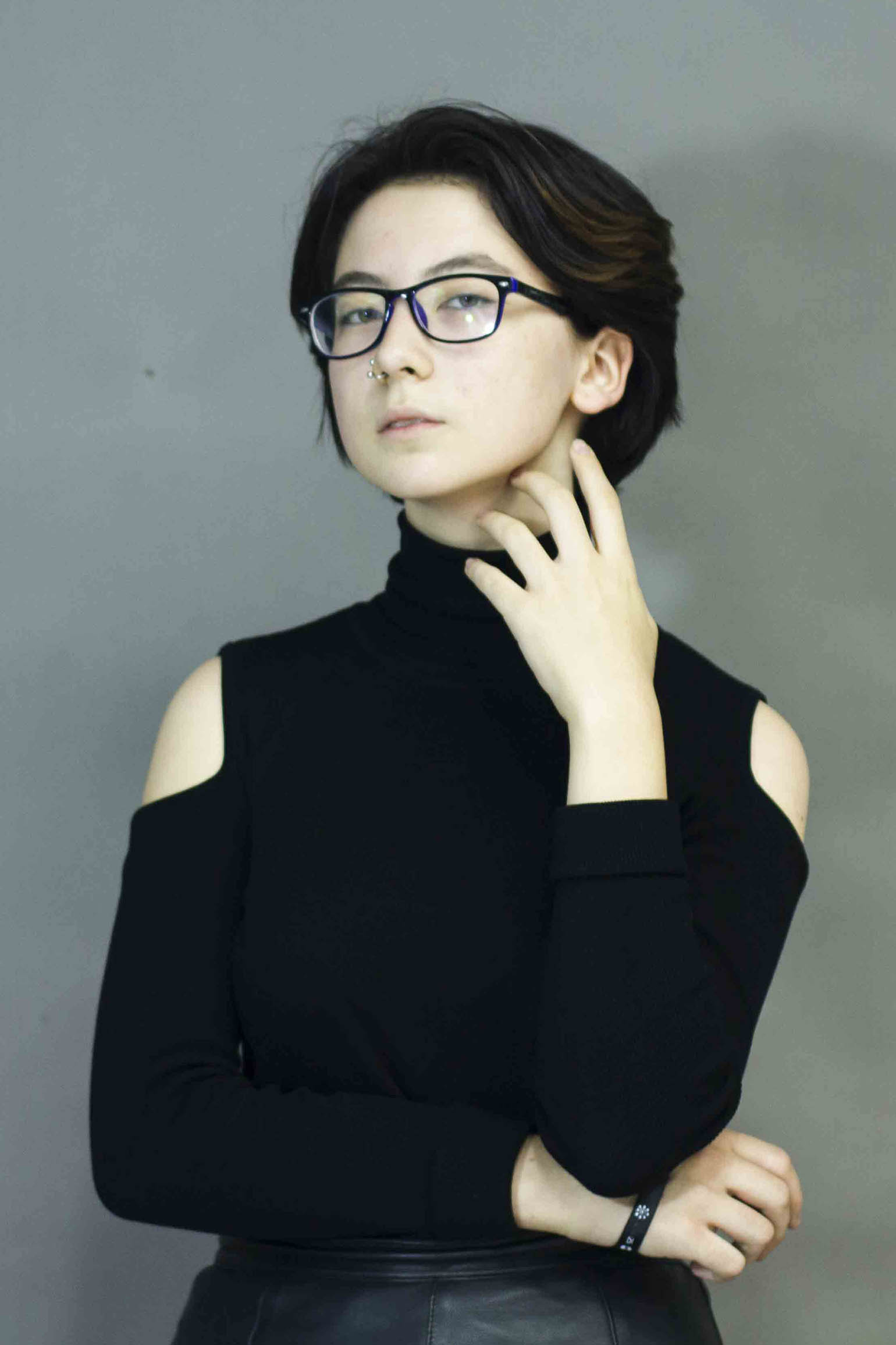
At the trainings, I noticed that boys are hiding the fact that they are interested in the topic. Almost all the girls, even the quiet ones, participate in the conversation, they are interested in the information that we give.
I thought that the interest depends on where we conduct the training: downtown or on the edge of the town, but then I realized that there was no connection. For some reason, all guys think that menstruation is disgusting, and sex is wow. Without a condom, of course. Everything is somehow turned upside down in their head.
Text: Gulnar Nauryzbai
Photo: Kamila Yerzhan

BAUYRZHAN
BAYDULLAYEV
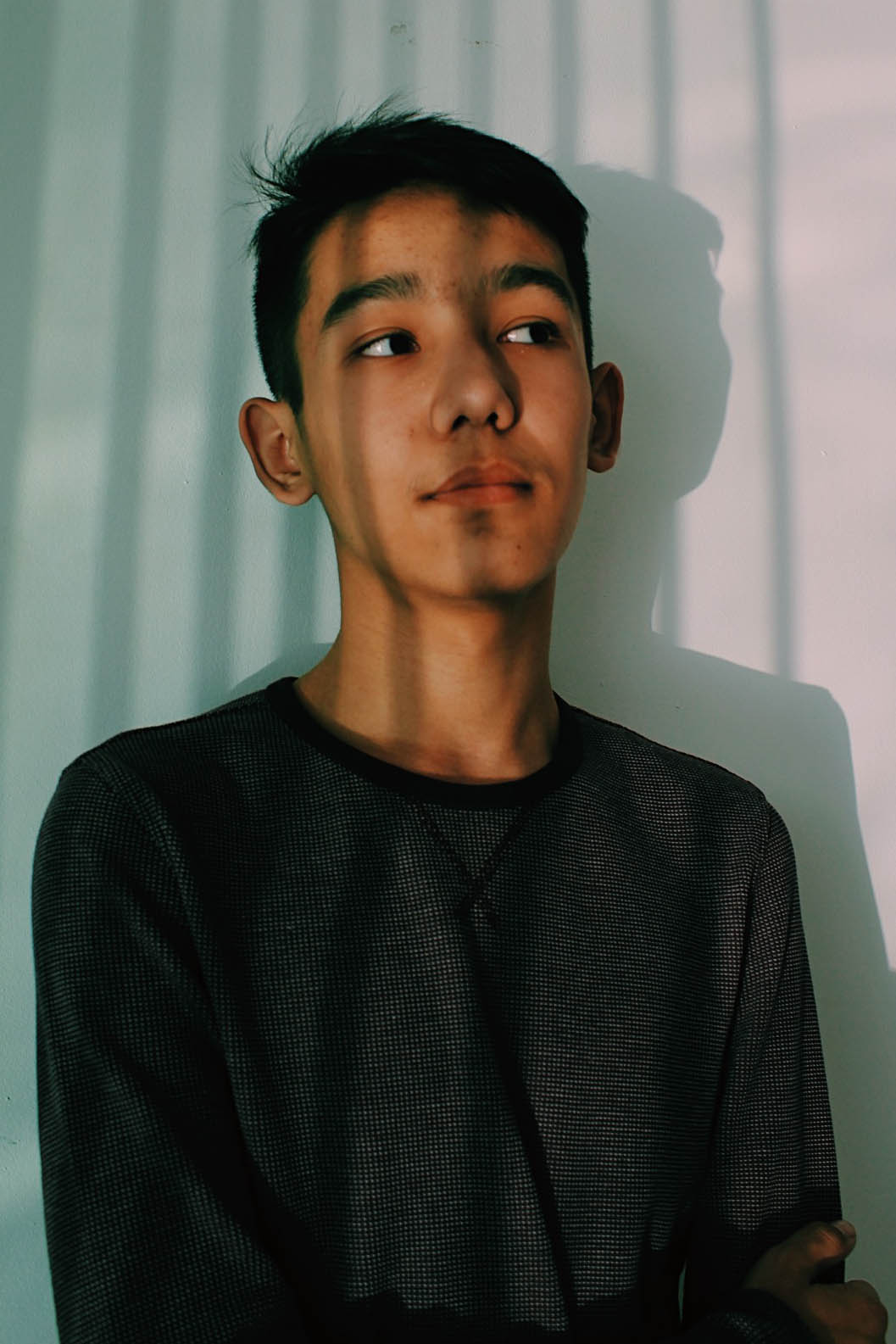
According to the stories of my parents, they were sure that they would not find the infection, but at one o’clock in the morning doctors from hospital called and said that I had HIV.
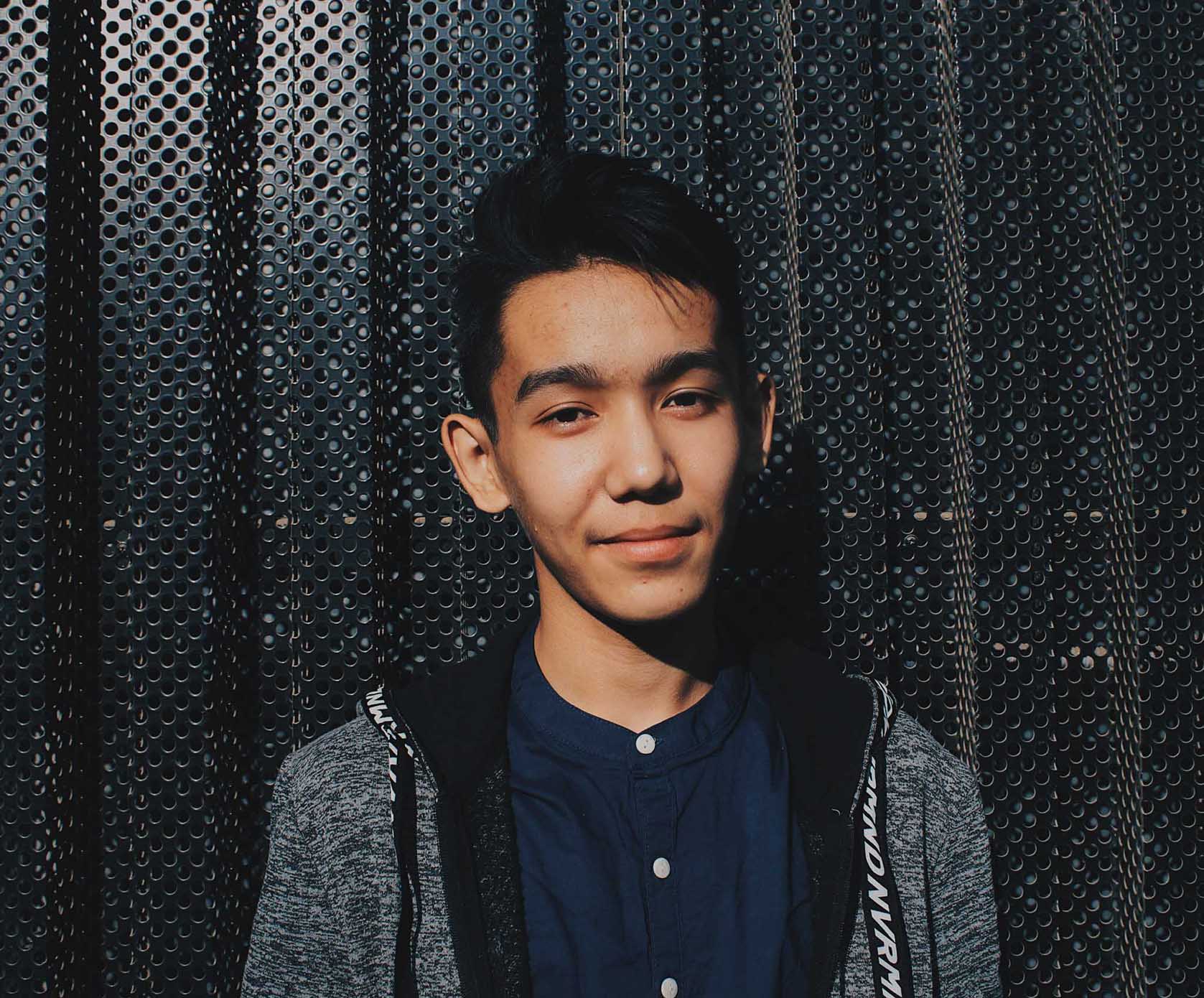
I was born in Shymkent. At nine months old, I was hospitalized with pneumonia. Doctors diagnosed a catheter, and it was already infected. As it turned out later, there were only a few catheters for the entire hospital. We were successfully discharged and a few months later the media reported about the mass infection of children in Shymkent. We were advised to do a blood test. According to the stories of my parents, they were sure that they would not find the infection, but at one o’clock in the morning doctors from hospital called and said that I had HIV. Since then I have been living with this diagnosis for 13 years.
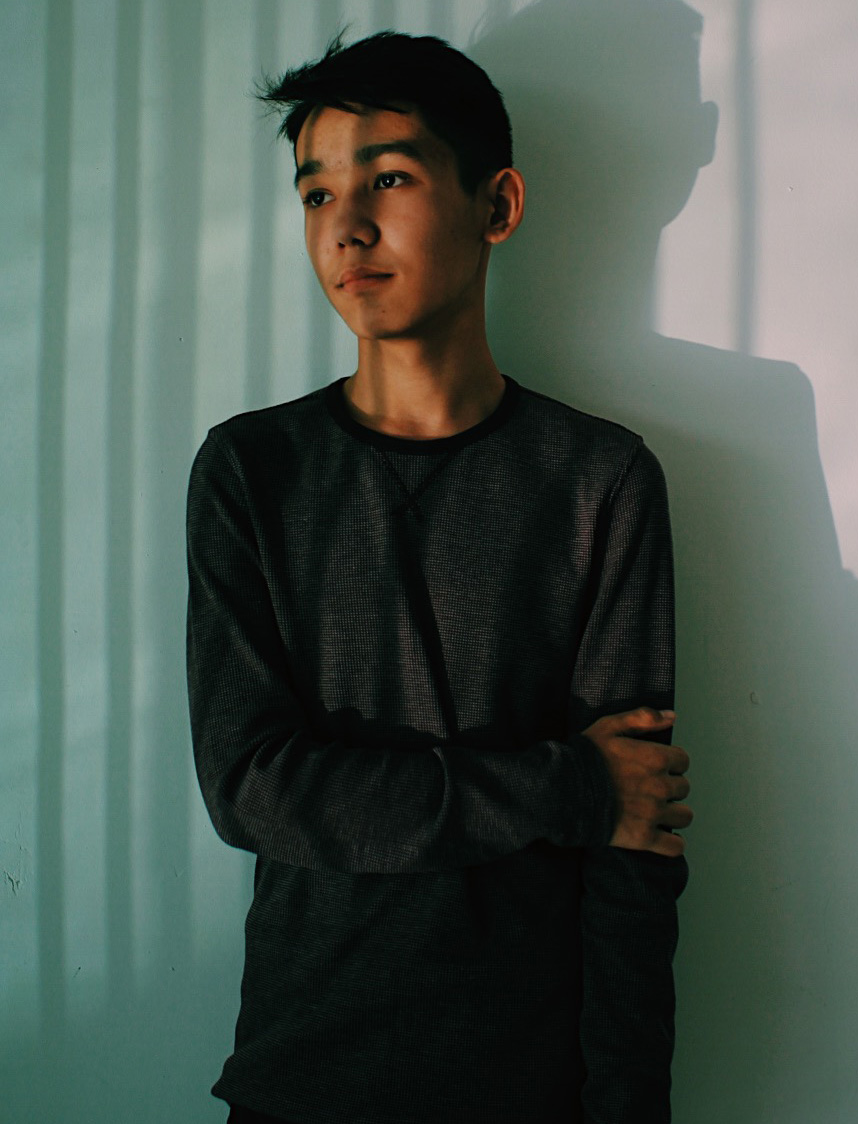
Parents told me about HIV from early childhood in a playful way: they drew on leaflets and explained how the drugs work. The older I got, the more they talked about the essence. Due to the fact that I always heard about this disease, at ten years old, when I realized my diagnosis, I took it very calmly. I received all the necessary informational support from my parents. They could answer any of my questions. I think that any child trusts their parents most of all. Therefore, it is very important to learn about your status from them.

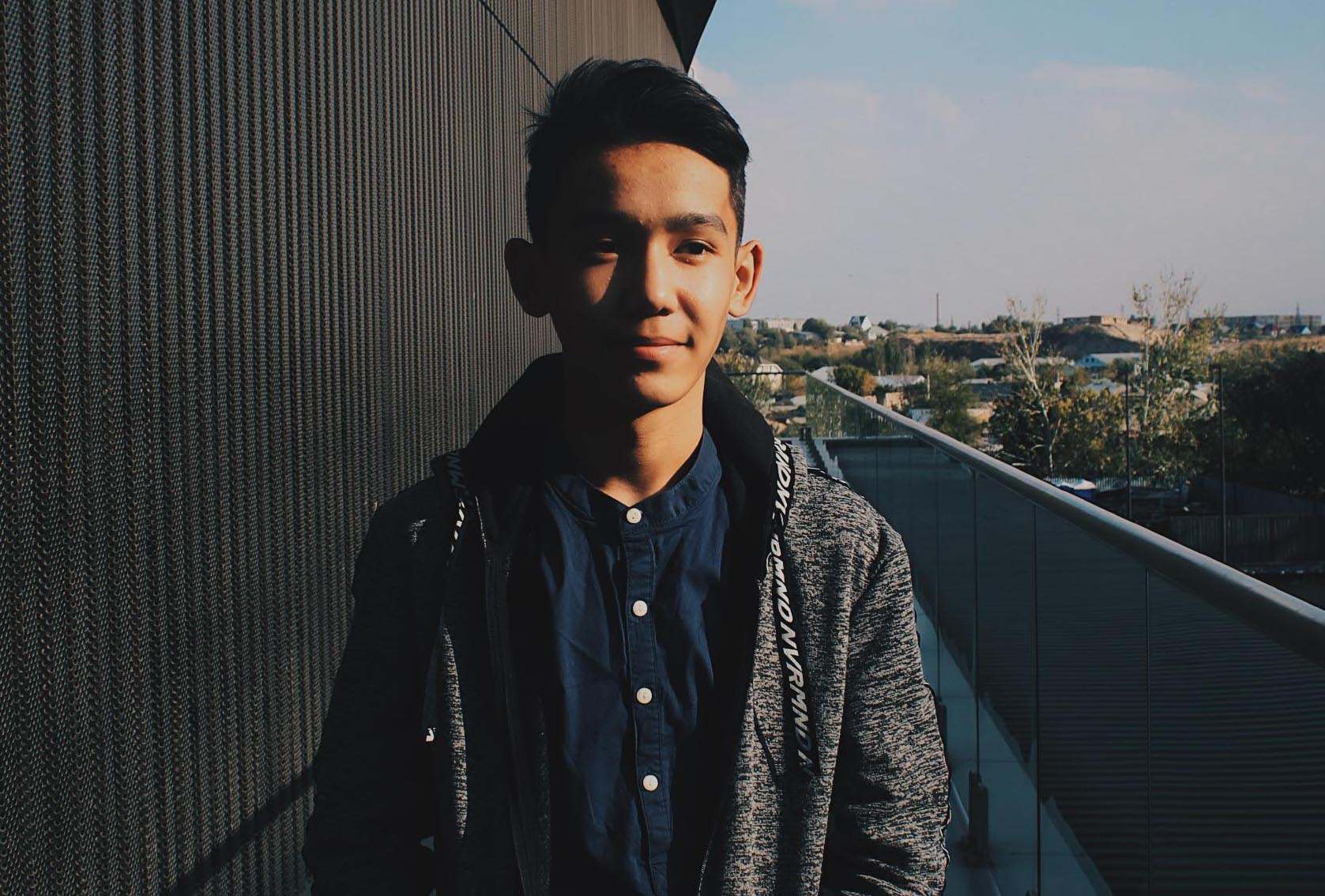
Before going to school, my parents talked to the teachers in advance and warned the parents of my classmates. Until the seventh grade everyone knew about my peculiarity, but we never openly discussed this: they did not ask me questions and I did not say anything. In the seventh grade at a physical education lesson, a classmate approached me and said: ‘Bauyrzhan, don’t come close to me! You have HIV’. I never thought that I would get into such situation and did not know what to do. After the lessons, I told my parents about what had happened at school. The next day they held training at the school and openly declared my status. After the training, classmates began to learn more about HIV. Looking back, I understand that this was the right decision, and with that boy who asked me not to approach him we became best friends.
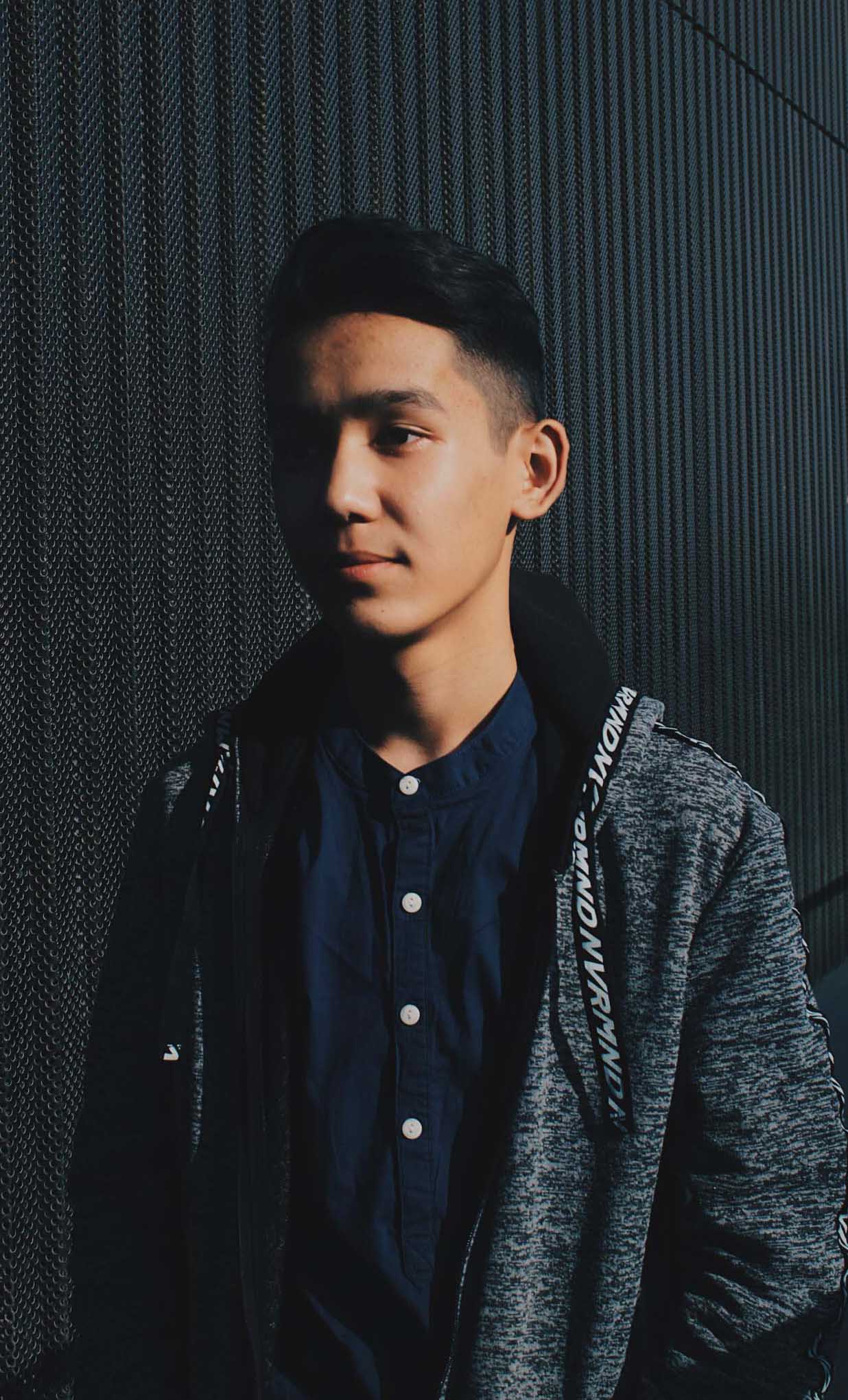
For the last three years I have been going to camps for HIV-positive children. So in 2017 I went to Sochi, in 2018 — to Kyrgyzstan, and this year the camp was organized in Shymkent. Such platforms provide an opportunity for children with a common diagnosis to share experiences, make new friends, and work on their inner fears and experiences. Now I go to art school in my free time. In the future I want to create animations or comics, but it’s like a hobby. I want to become a virologist. I want to help people with chronic diseases and save lives.
Text: Dinara Tleubek
Photo: Sabina Abdimalik

AYAULYM
ALTAI
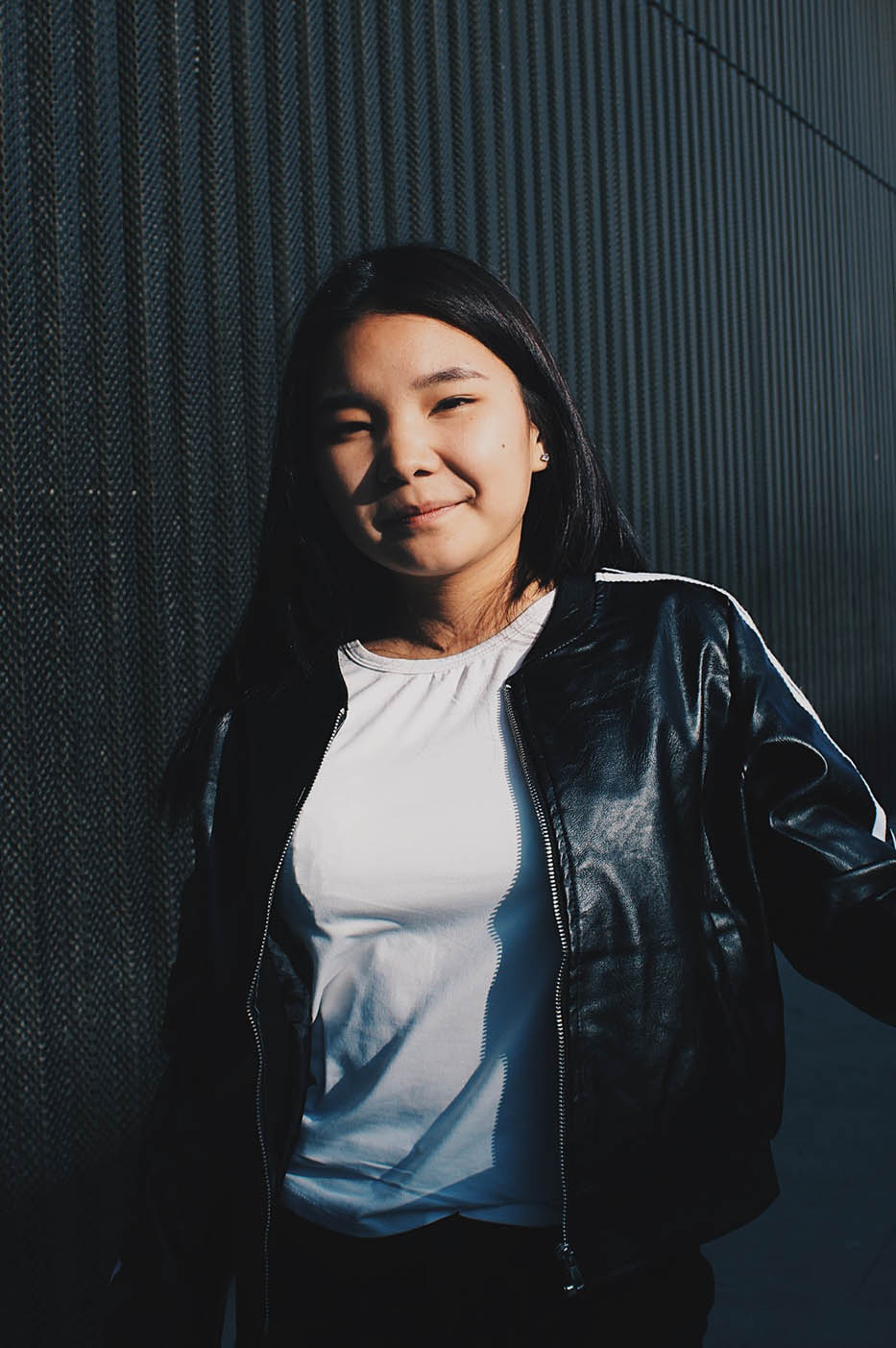
I used to be afraid that someone might talk about HIV or ask me directly about it.
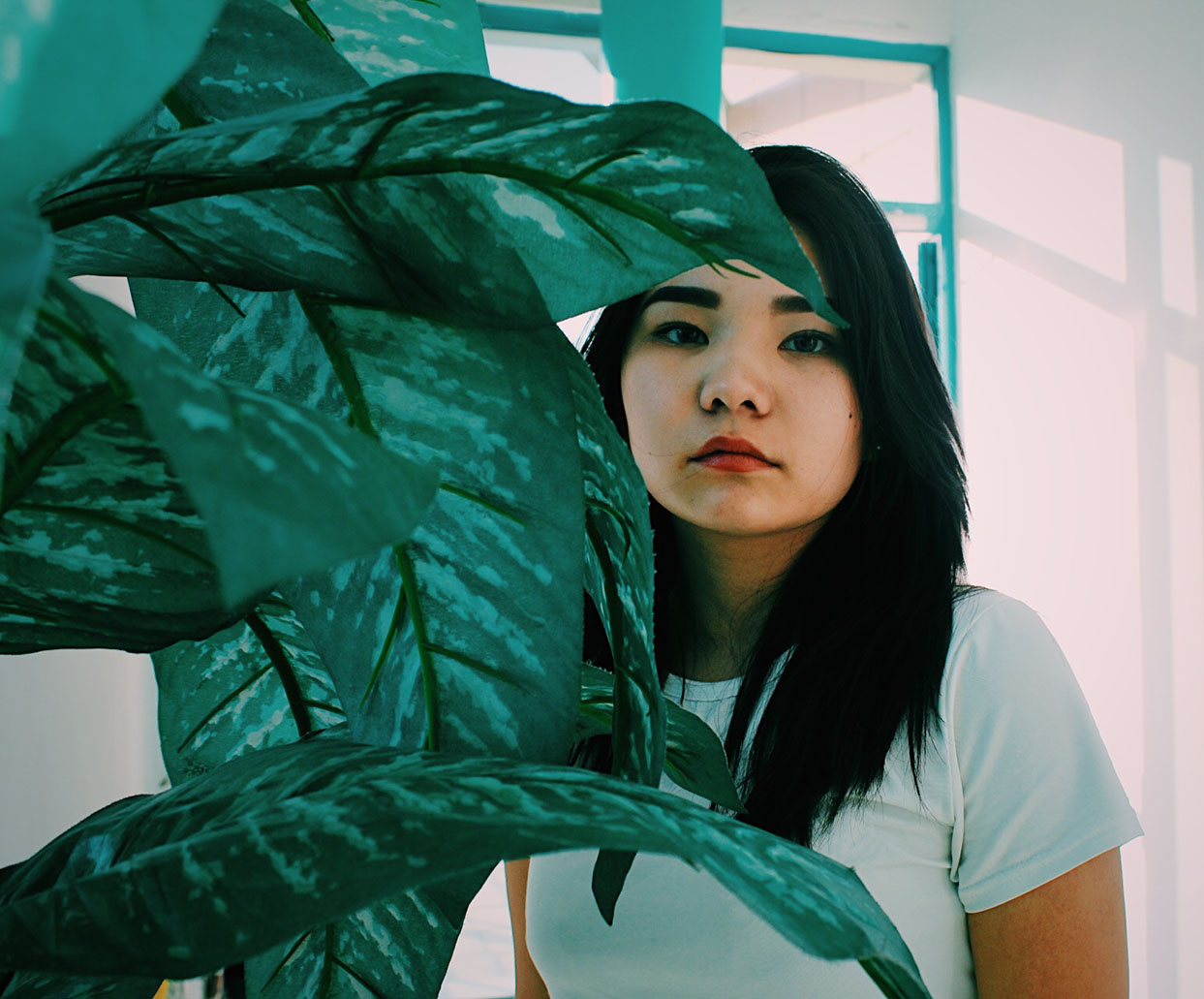
I was born in 2004 in Shymkent, and in 2006 I contracted HIV infection in the hospital in the process of blood transfusion during surgery. I found out about my diagnosis two years ago from a psychologist, and until that moment I did not even suspect about it. Later I began to study HIV, read a lot of information on the Internet. The more I learned, the better I felt. Before, when I didn’t know much about HIV, I thought it was hard to live with such a diagnosis. Now I can say that HIV-infected people are no different from the rest. They can also lead an active lifestyle, play sports and achieve their goals.
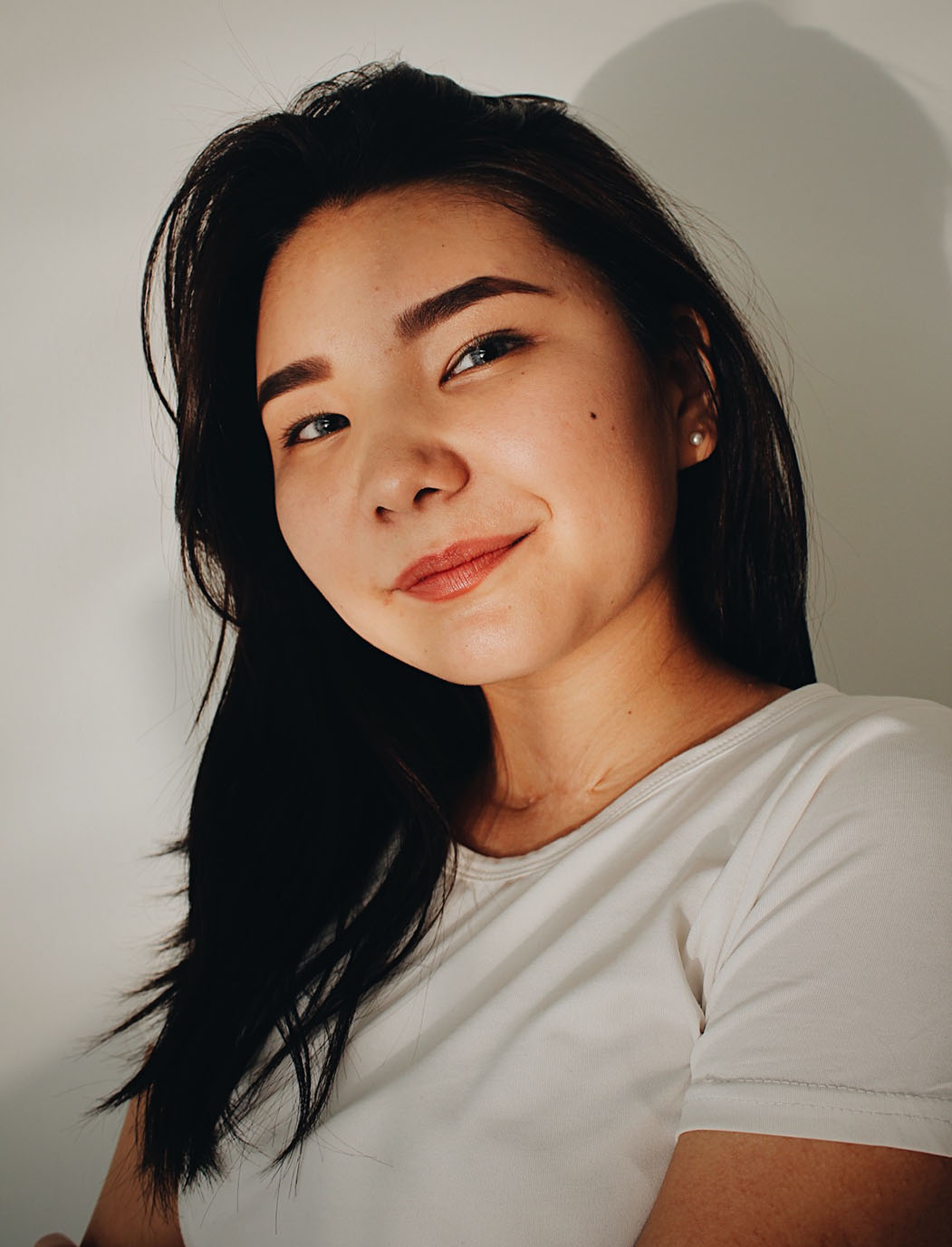
I used to be afraid that someone might talk about HIV or ask me directly about it. I was afraid if people find out about my status, they will begin to discuss me behind my back and discriminate. I decided to open the status after participating in meetings for HIV-positive people. I went to Georgia and Issyk-Kul, where I met wonderful people and discovered leadership skills. I had a desire to help HIV-positive teens overcome stigma and discrimination. Now lots of guys from my inner circle know about my status.
I am incredibly grateful to them for accepting me for who I am and calmly reacting to this news.

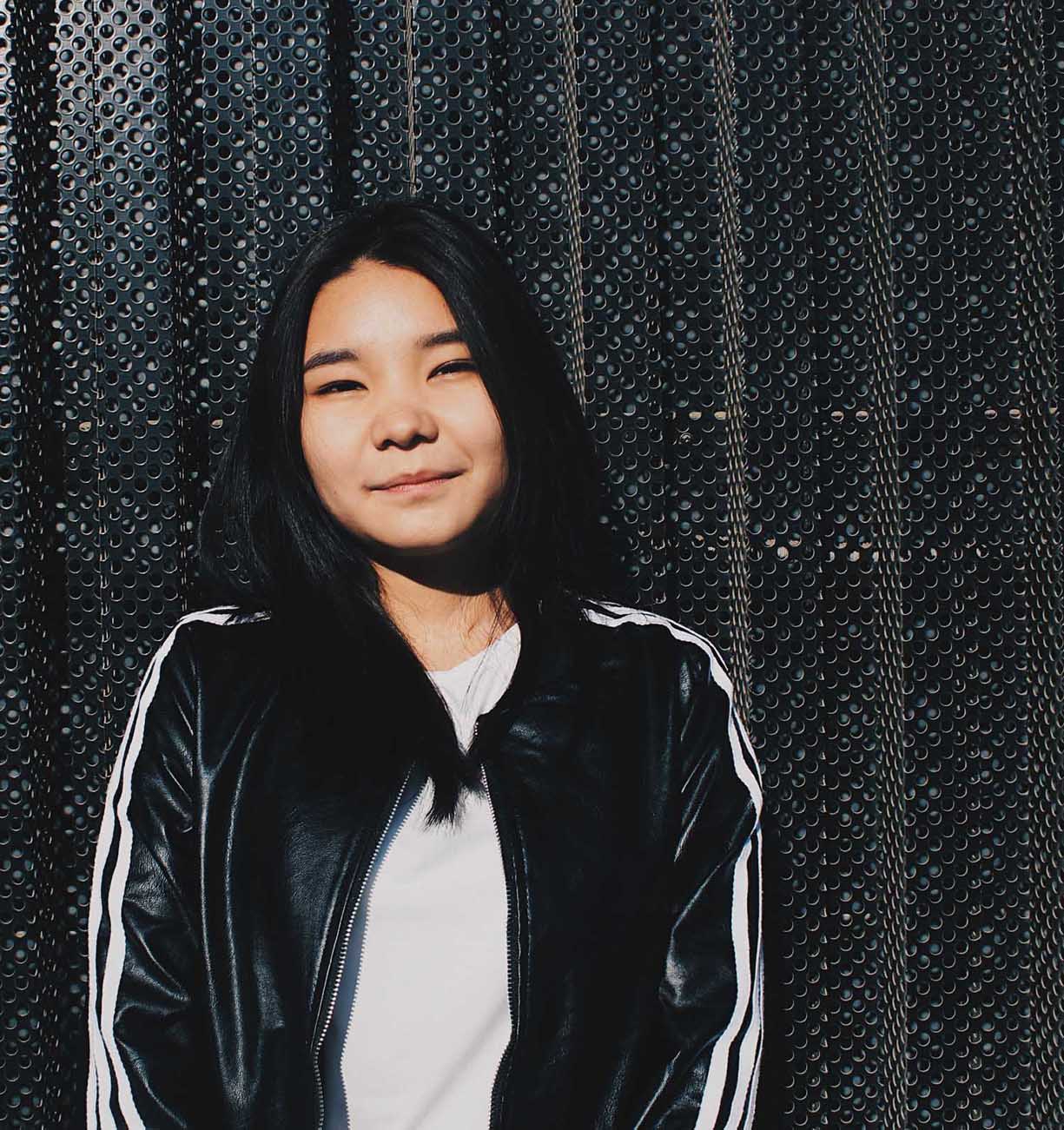
In Shymkent, there is an Asian teens movement that unites teenagers with HIV infection. We meet twice a month and discuss different topics, share knowledge, ask questions to each other and organize various events.
For example, we held an action «Hug me» on the Arbat. Bauyrzhan and I stood with a poster ‘I have HIV. Hug me’. I wanted to show people that HIV is not transmitted through hugs. We were filmed, so one of the guys passing by thought we were playing on camera. He went up and asked: ‘Are you really sick?’. I answered, he left and hugged us only after his friends told him to do it. After all, our society still knows little about HIV and accordingly there is more fear.
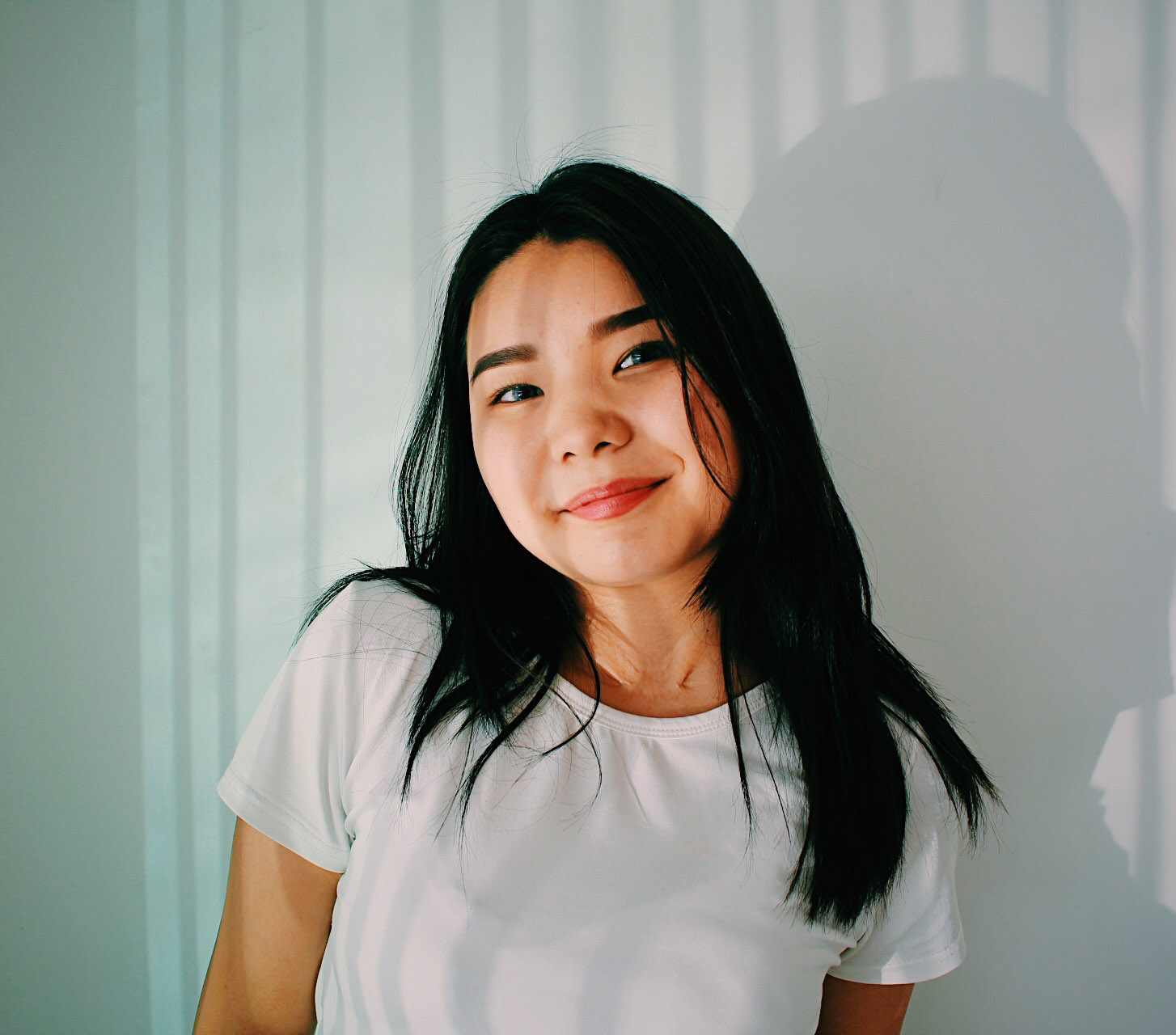
I read books in my free time. Mostly I like fiction. In the future I want to work in tourism community and travel a lot.
Text: Dinara Tleubek
Photo: Sabina Abdimalik

ISAAC
MUSTOPULO
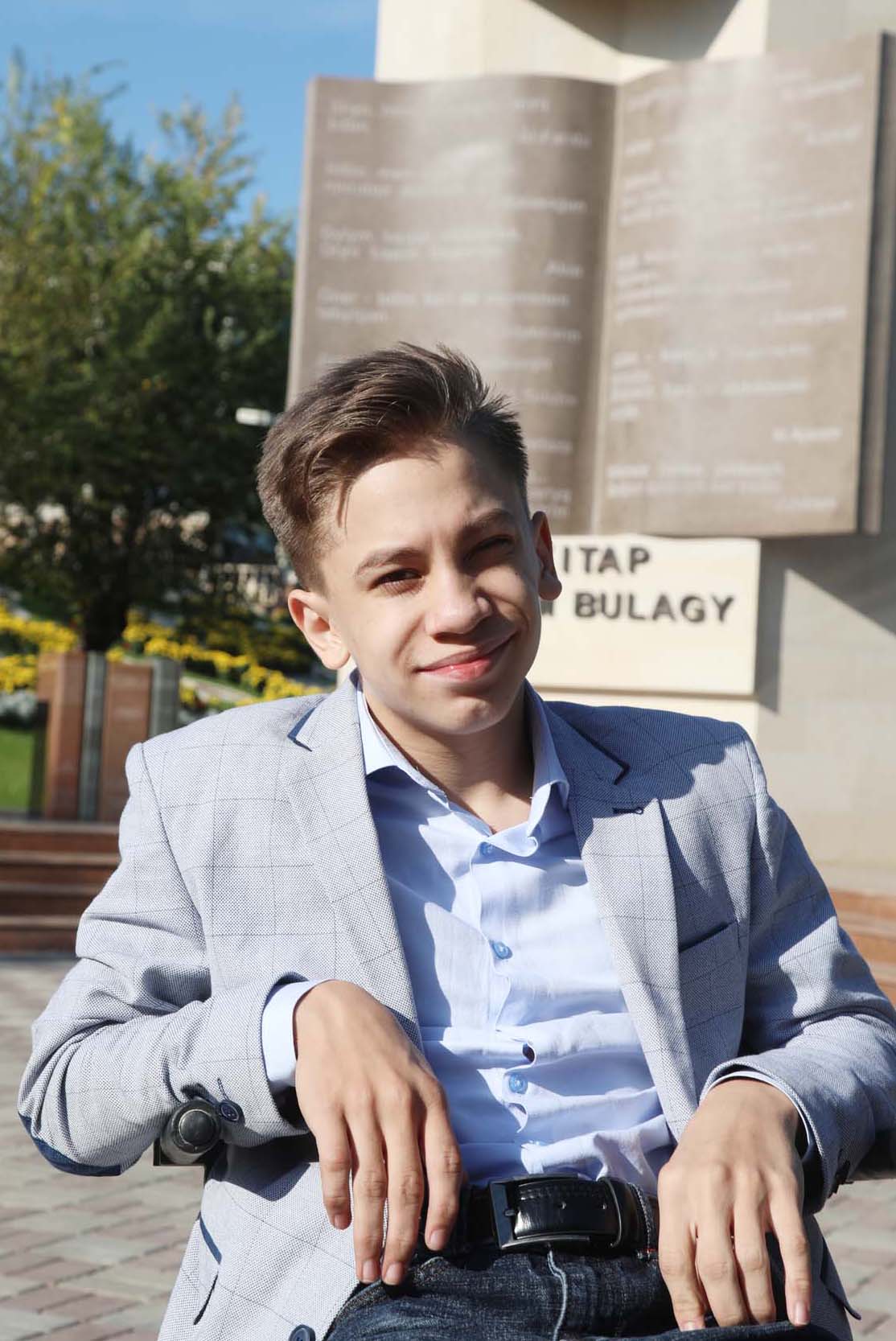
We all have equal rights and opportunities and they should not be missed.
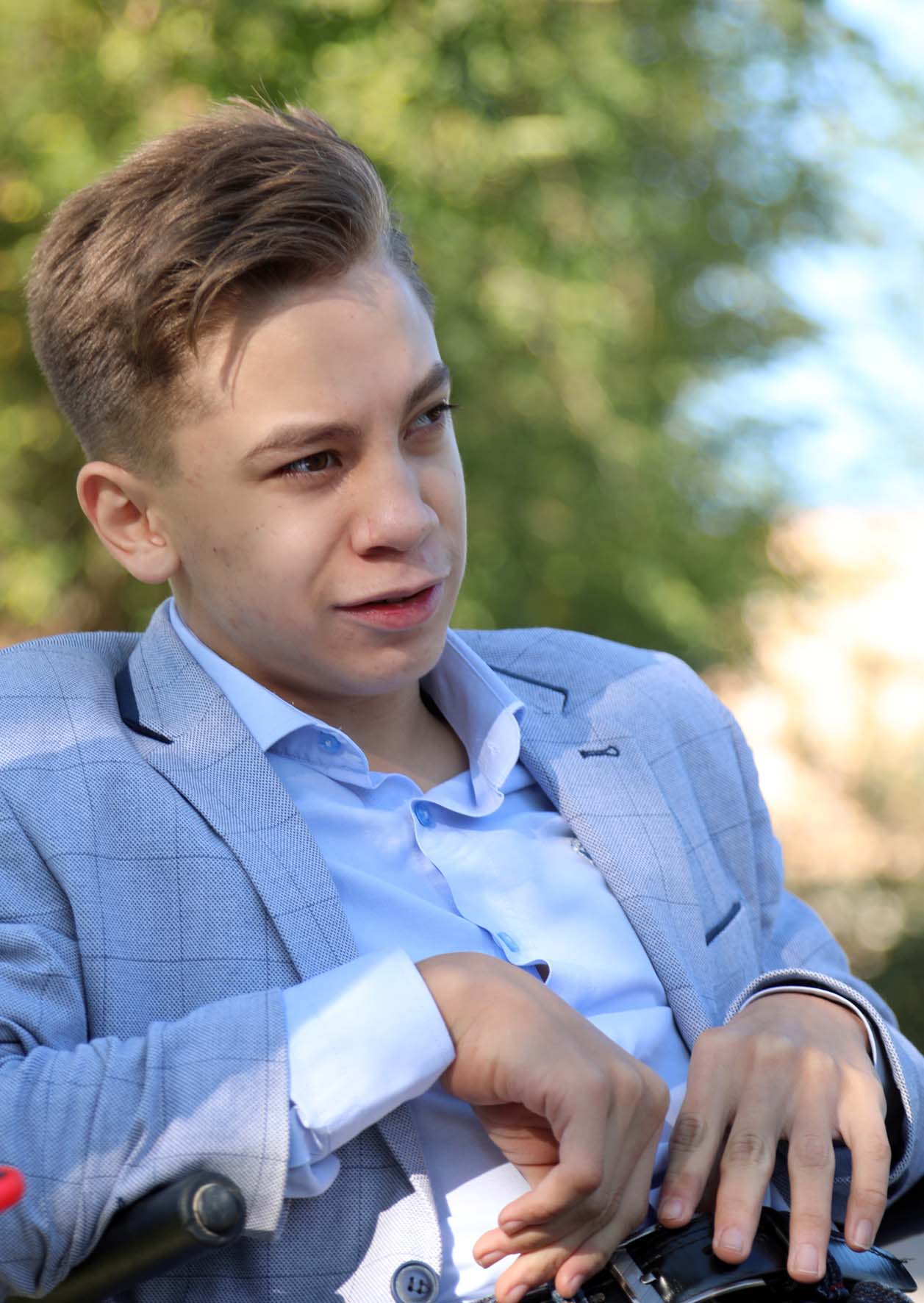
The story of my birth is not quite simple, my parents and doctors had to go through a lot to save me. Today, I am happy and appreciate every hour, I do not miss a single opportunity to live richly and show by my example that nothing is impossible!
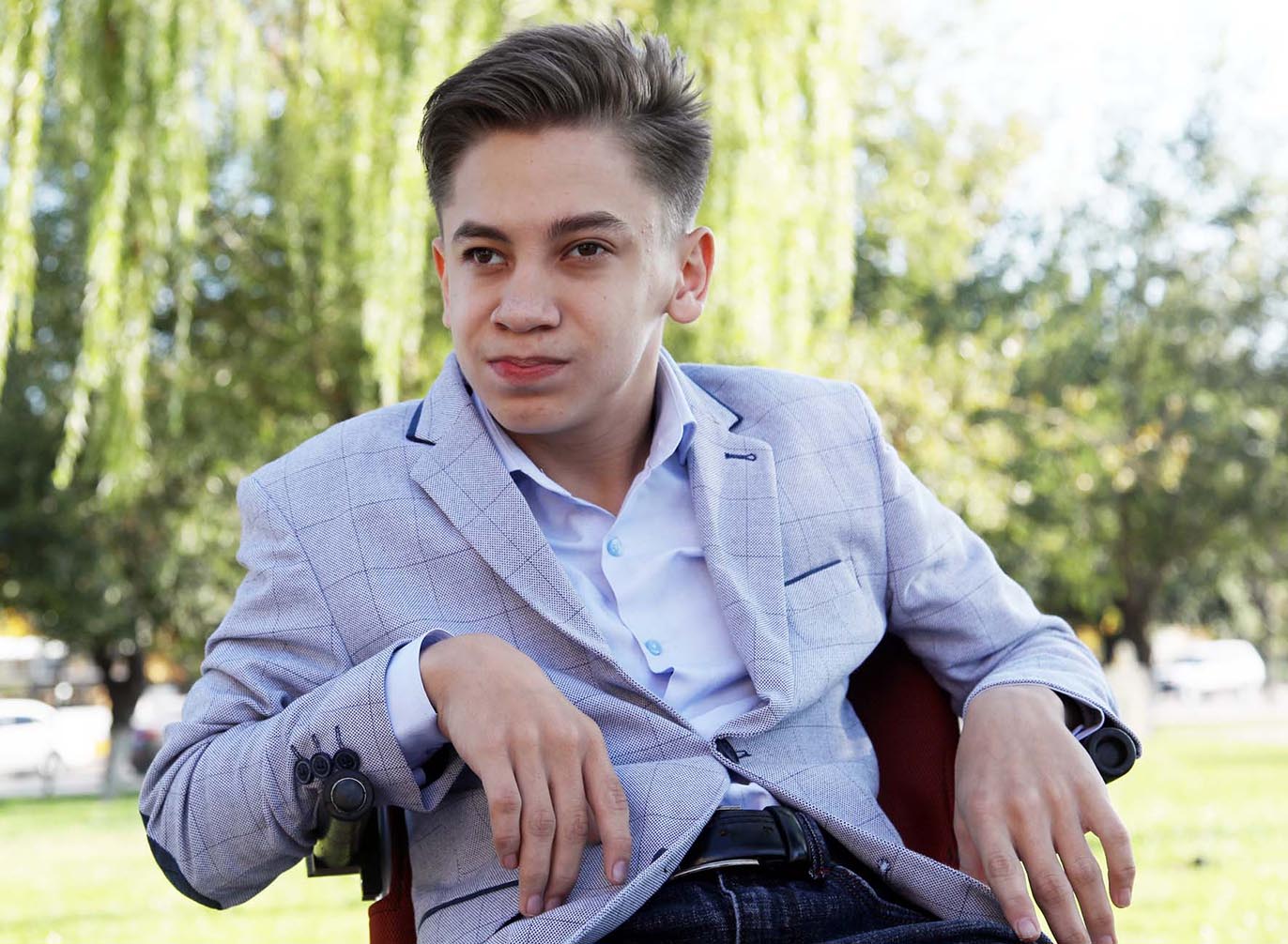
I am fascinated by history, biology, chemistry, physics, cosmology, cinematography, fiction and scientific literature, programming, video game development, music and sports. And most importantly — sociology, human relationships and the development of modern civilization.

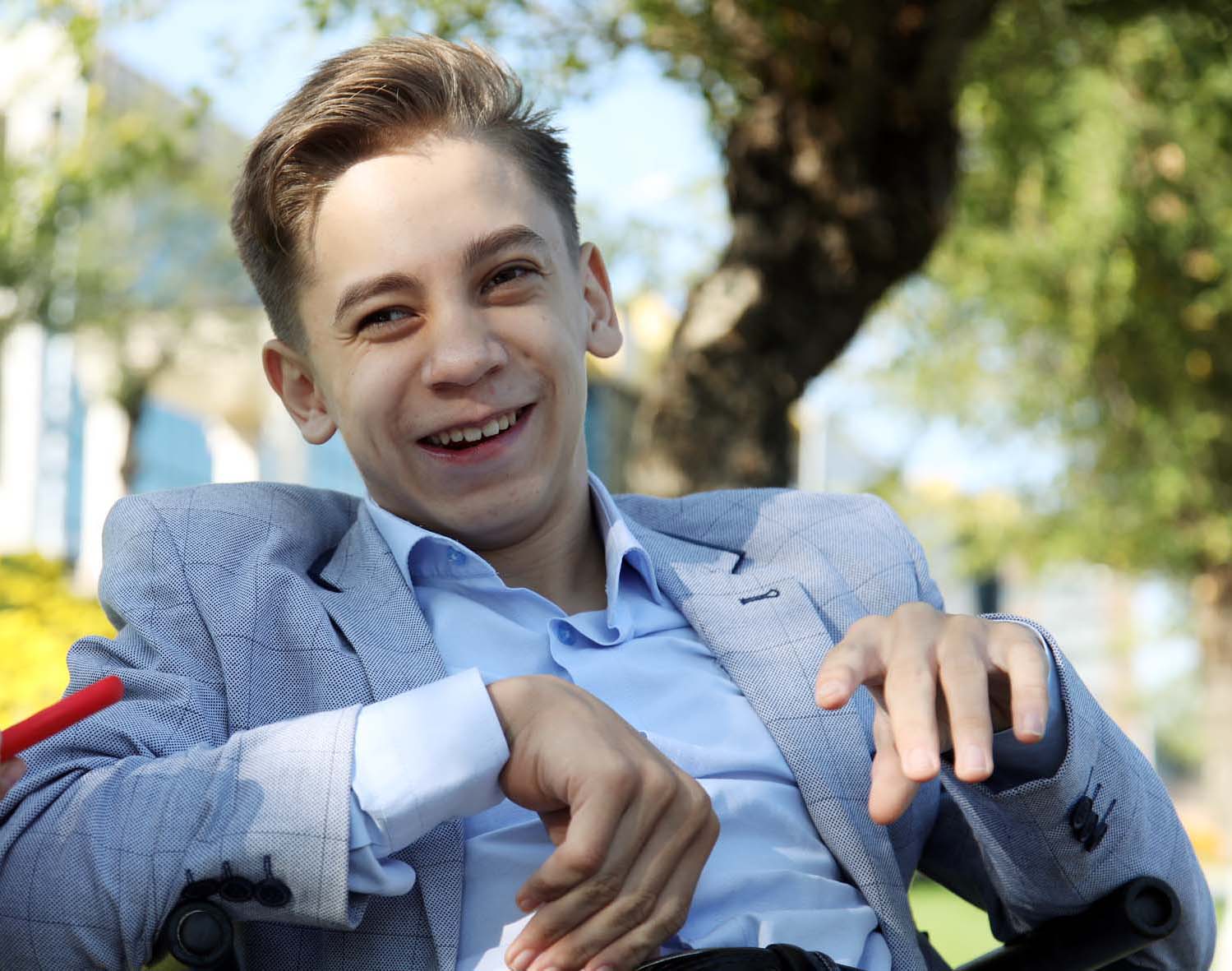
The first great achievement for me was participation in the development and implementation of ‘Nur Bala’ social project, in the framework of which pre-school training for children with disabilities, further support at school, transportation around the city by social taxi, organization of leisure activities, including the summer health inclusive camp were held.
In 2013, this project won the first place at the Republican contest of ‘Different-Equal’ social projects established by the Ministry of Labor and Social Protection of the Republic of Kazakhstan. So we gave a good start to a heart-warming tradition.
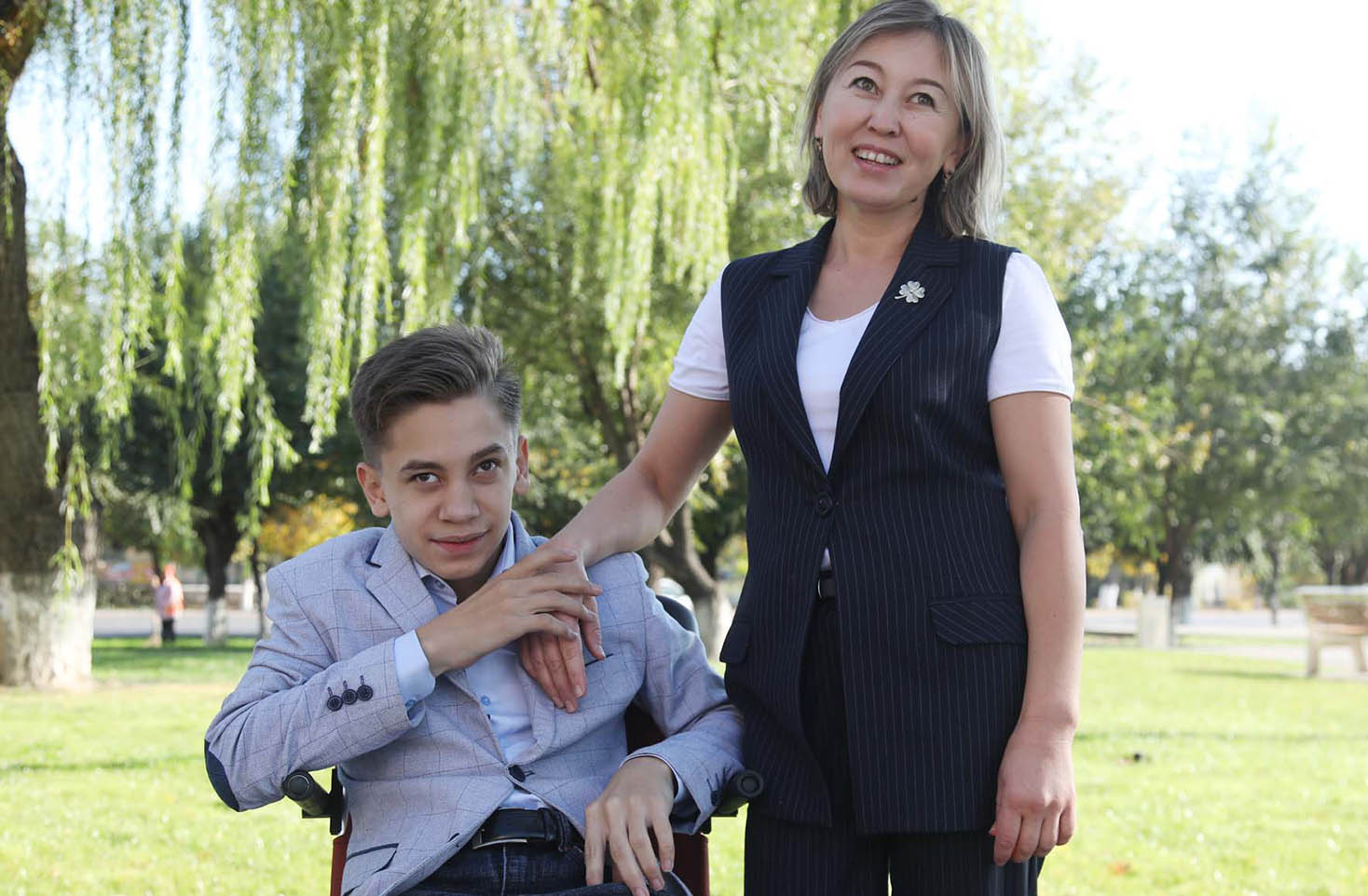
Now the first graduates of ‘Nur Bala’ study in schools, participate in various creative competitions, study at extracurricular education centers, and are fond of sports on par with others. I organize workshops and meetings with younger children and peers, tell them about my hobbies, science and other things that they could also do. I strive to exemplify that everyone is capable of a lot in spite of health problems.

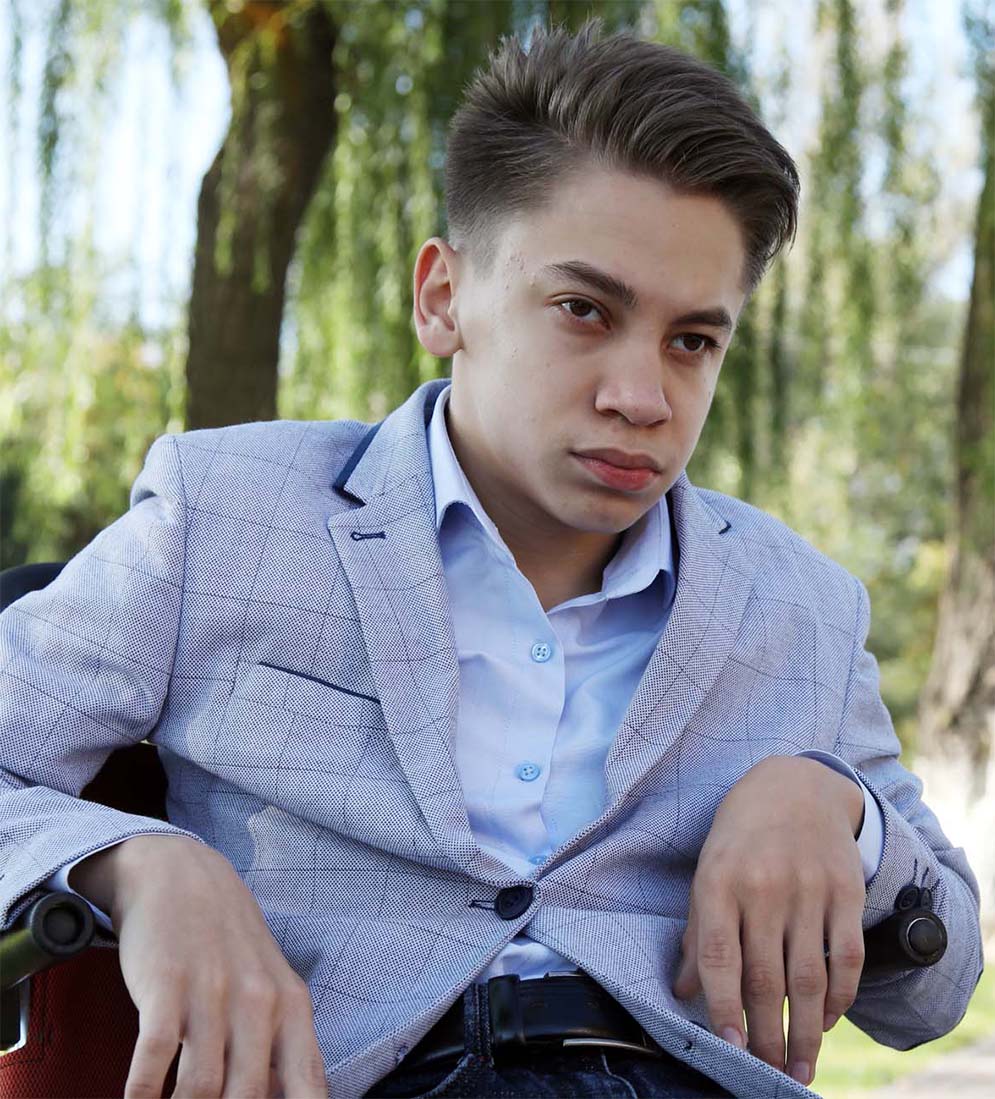
Currently, our project is changing, being finalized and needs support from the Ministry of Science and Education of the Republic of Kazakhstan. Our team managed to successfully pilot it for four years and we really want it to become more large-scale and permanent, so that all children with special physical needs can always develop, have an active rest and socialize with their peers.
Text: Arailym Shabdenova
Photo: Agadil Ysmakhan
ASEL
KOREGENOVA
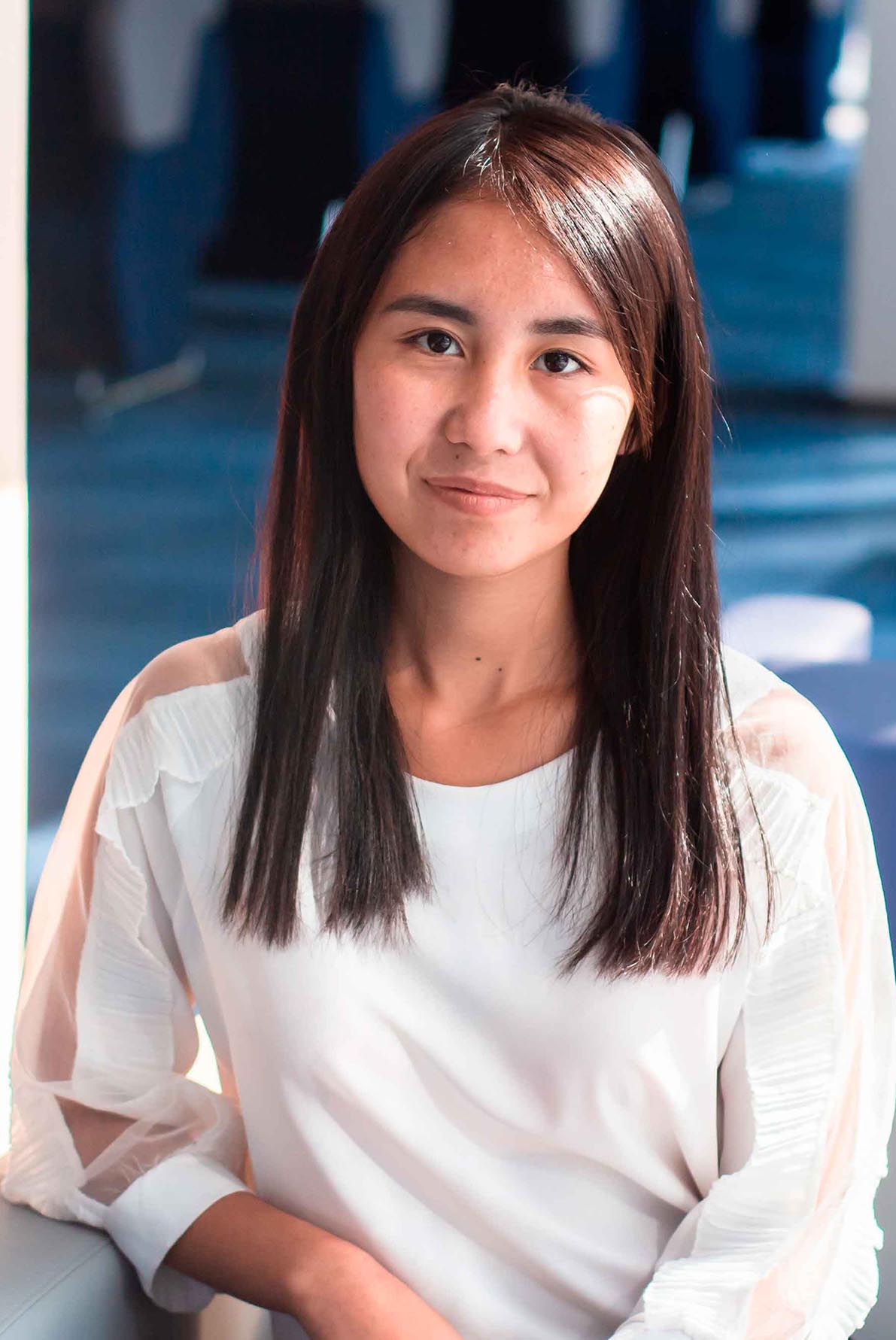
The motto of our organization is ‘Every child is a star! Help them shine’.This motto has brought great changes into my life too.
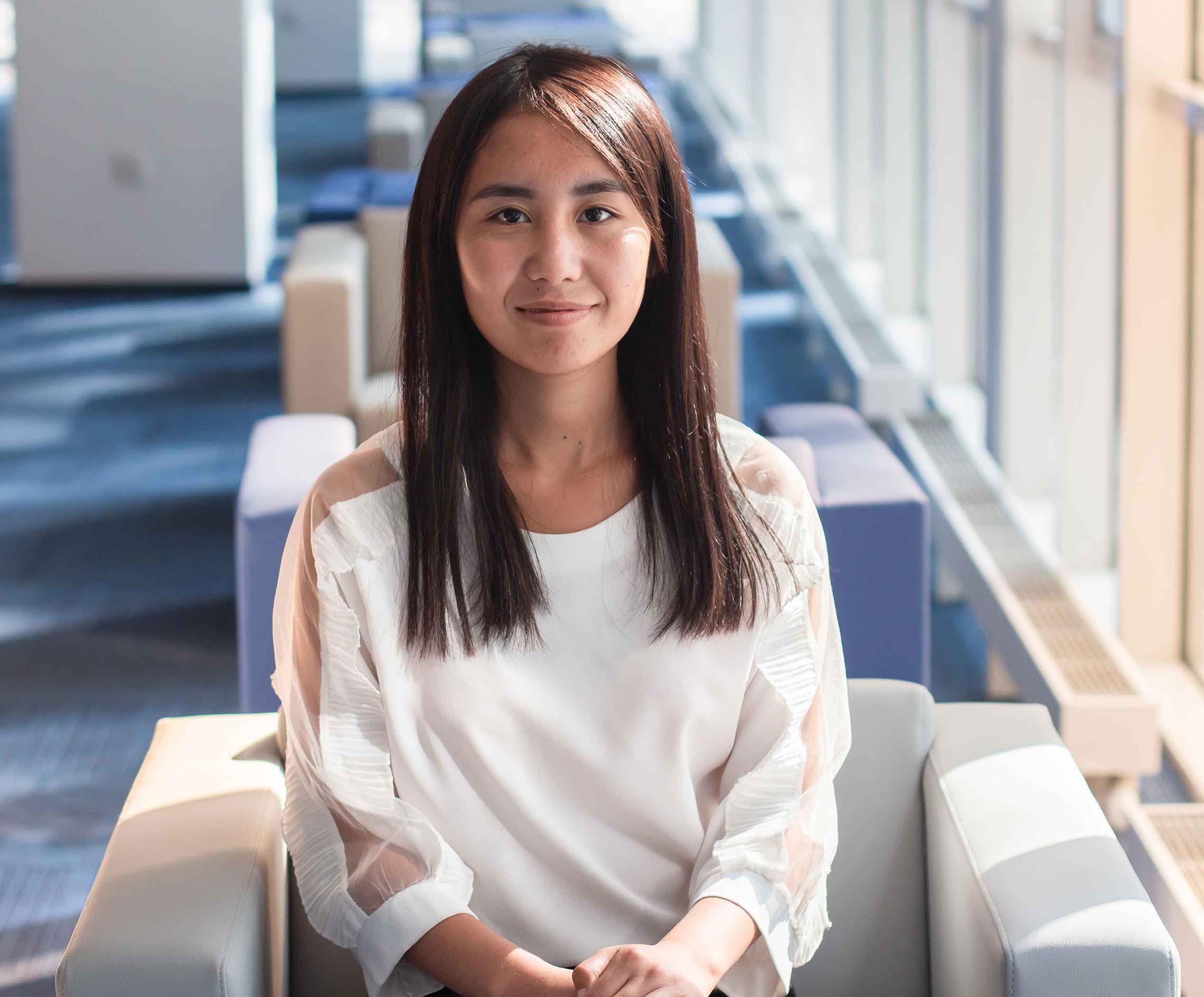
Before, I was not able to talk openly to my parents.
I wanted to share my thoughts with them, like what happened at school, conflicts. However, I was ashamed to do so. A psychologist Lyazzat Saulebekkyzy had held courses since 2015 and explained that sharing one’s problems with someone is important. At that moment I realized that I needed my mother’s support more than my friends’.
My counseling psychologist invited my mother to have a conversation. Since then, relationships between us started improving. Having such an experience, I decided to help others.
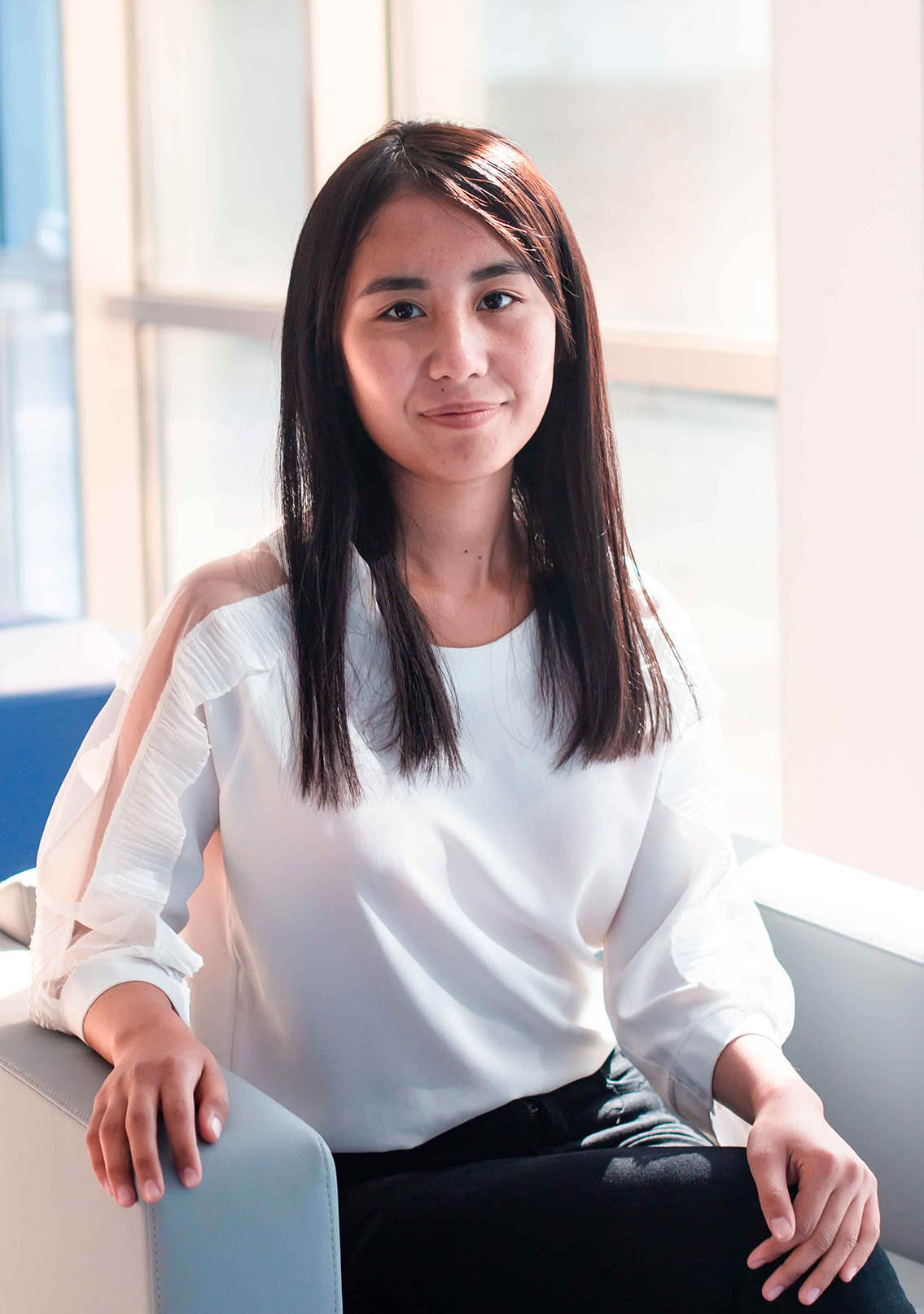
In our school in 2010 there was created an organization ‘Zhas Oren’ to heighten children’s interest in studies. The organization has worked since 2015 to care about children’s bodily and mental health in a new format. I was the leader of ‘Zhas Oren’ and actively participated in the organization work. We try to support, listen to the problems of teens, offer counseling services, bring talents to life, and attract youth to do social activities within our work with peers. Arguments among children, bullying of children from unfavorable families by the children from rich families, requiring money, problems with parents will be demonstrated through interacts. The students who joined ‘Zhas Oren’ take part in organization works. The interact’s scenario is developed by the head of the community centre and a psychologist. Such plays make children and their parents realize their mistakes and look at problems from a different perspective.

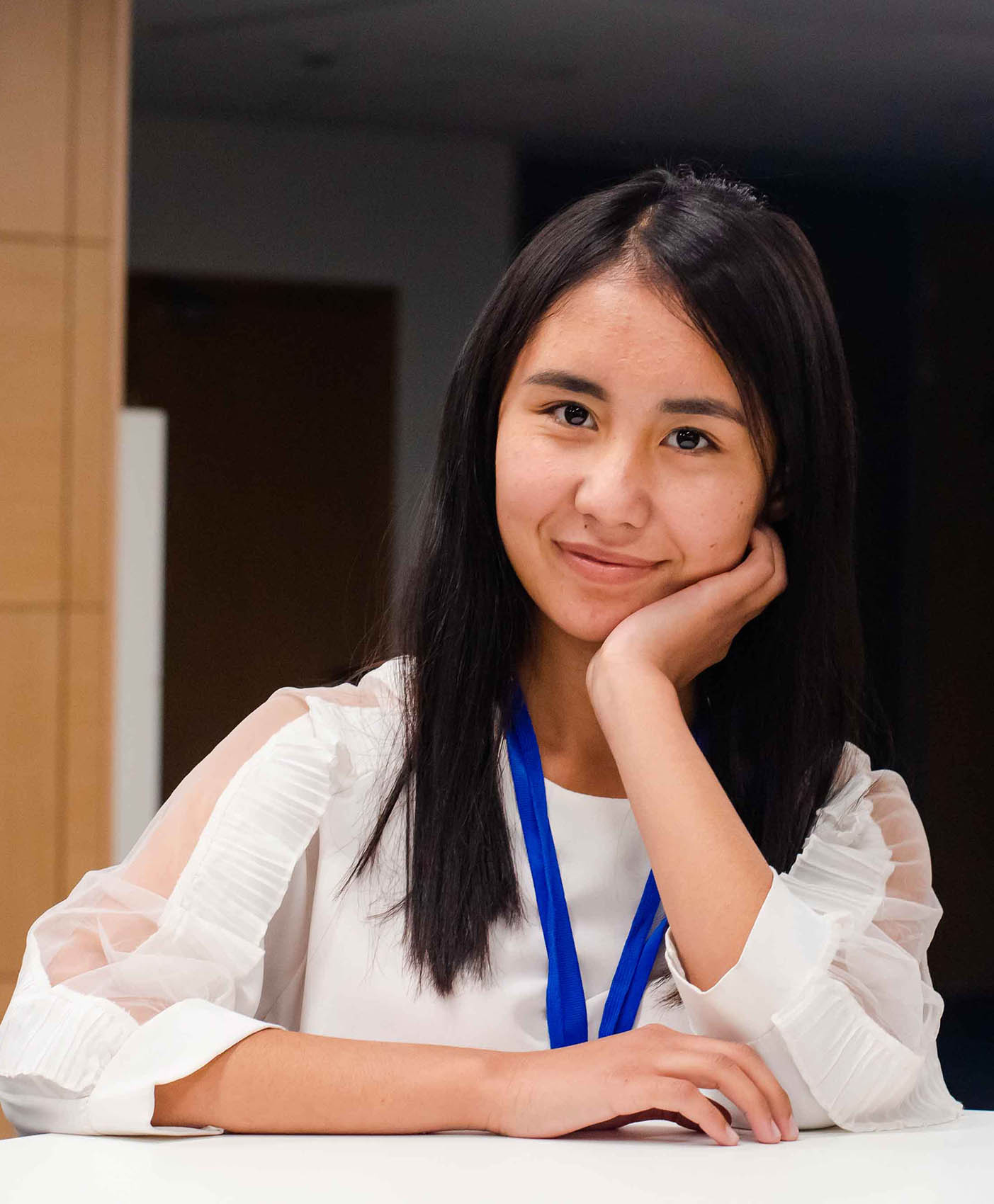
This year I have worked as a reporter at ‘Zhas Oren’. I might say we have achieved significant results. We started pages on such networking sites as YouTube, Instagram, and Facebook. The project was shown within the ‘Elden khabar’ programme on Kazakhstan national channel. Since that moment, residents have started to pay attention to the activities of ‘Zhas Oren’. Parents didn’t use to be interested in the organization. However, they have noticed the influence of ‘Zhas Oren’ on the children and started taking interest in it. We had parents that said: ‘I didn’t know that my child had had such a talent. He never showed it’, ‘I have learned there are acting classes’. There are also people who express their gratitude to ‘Zhas Oren’ and a psychologist for helping their children to solve their problems.
Text: Dinara Tleubek
Photo: Kamila Yerzhan

